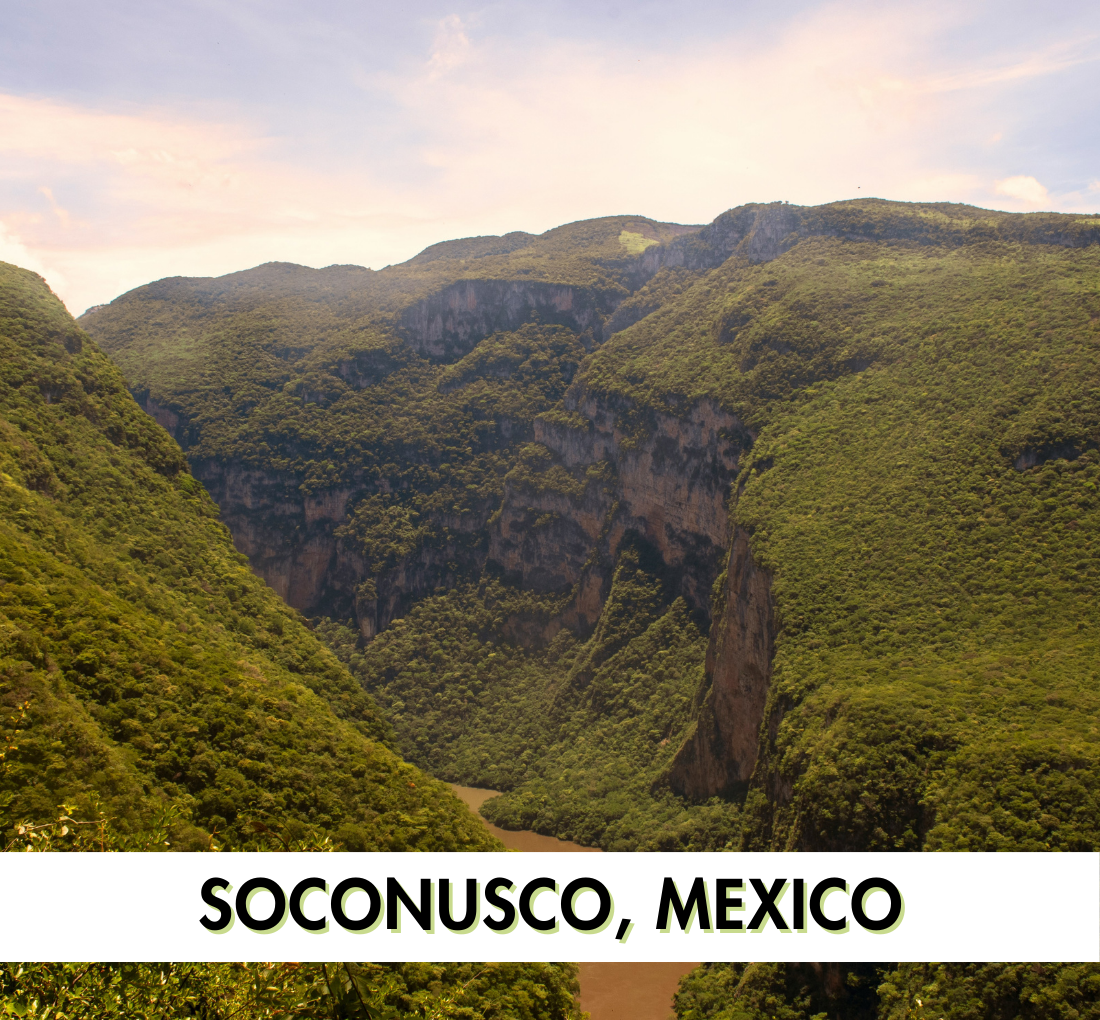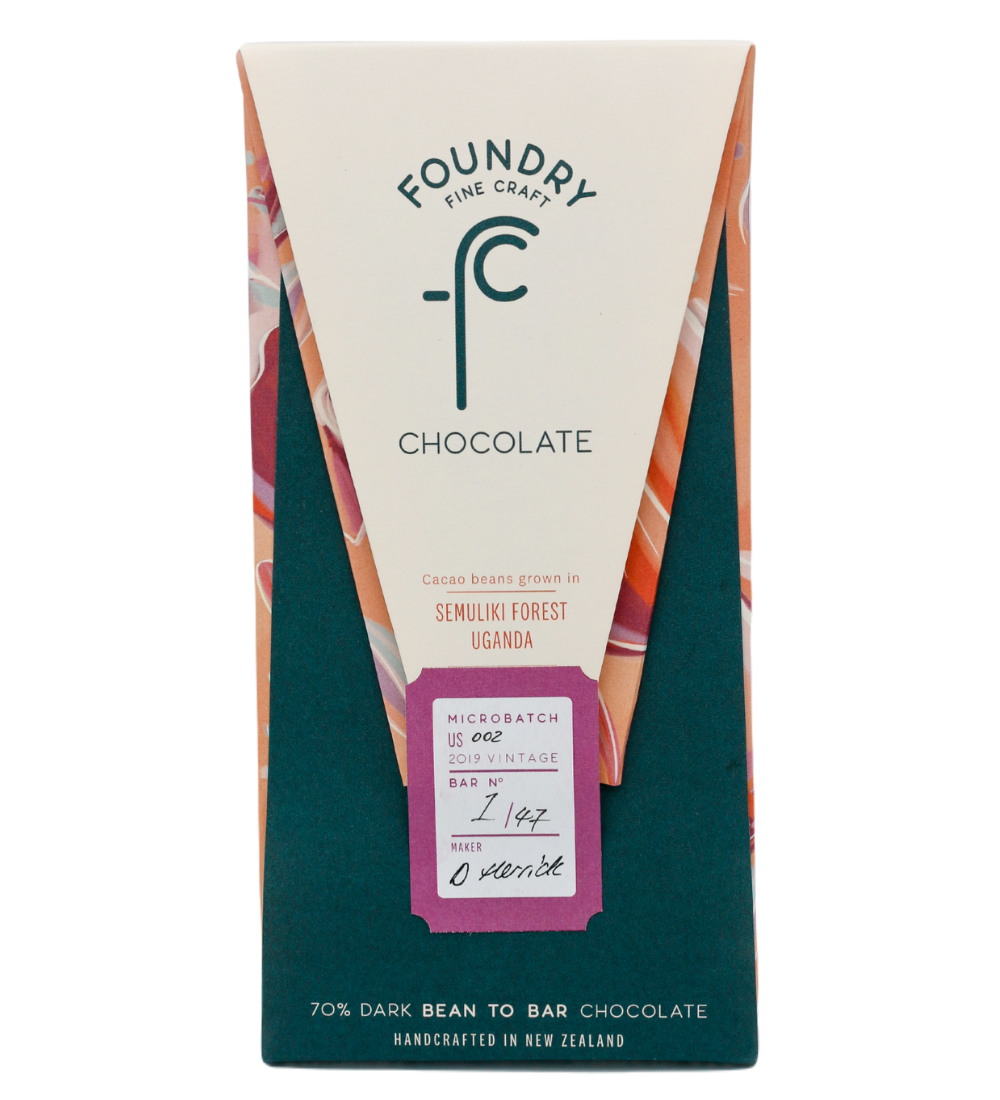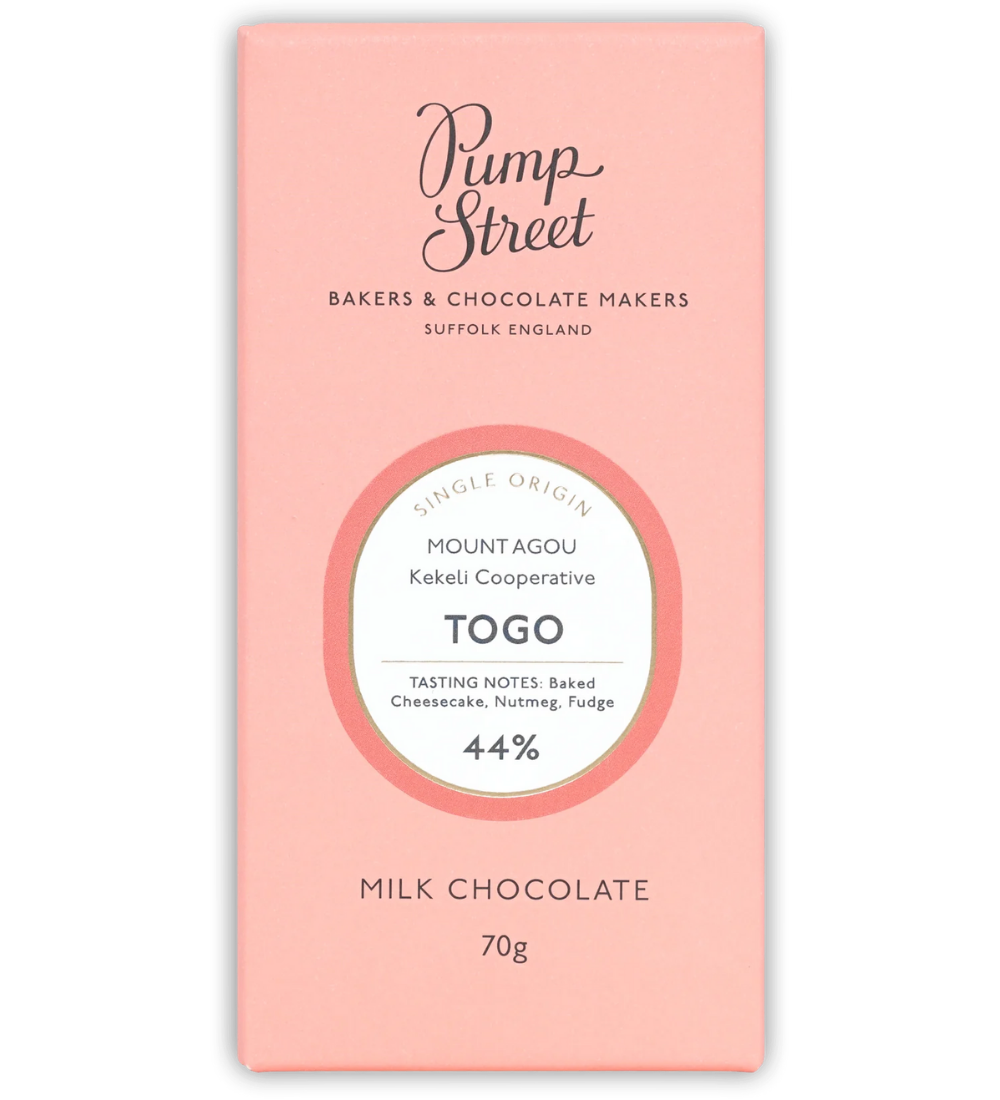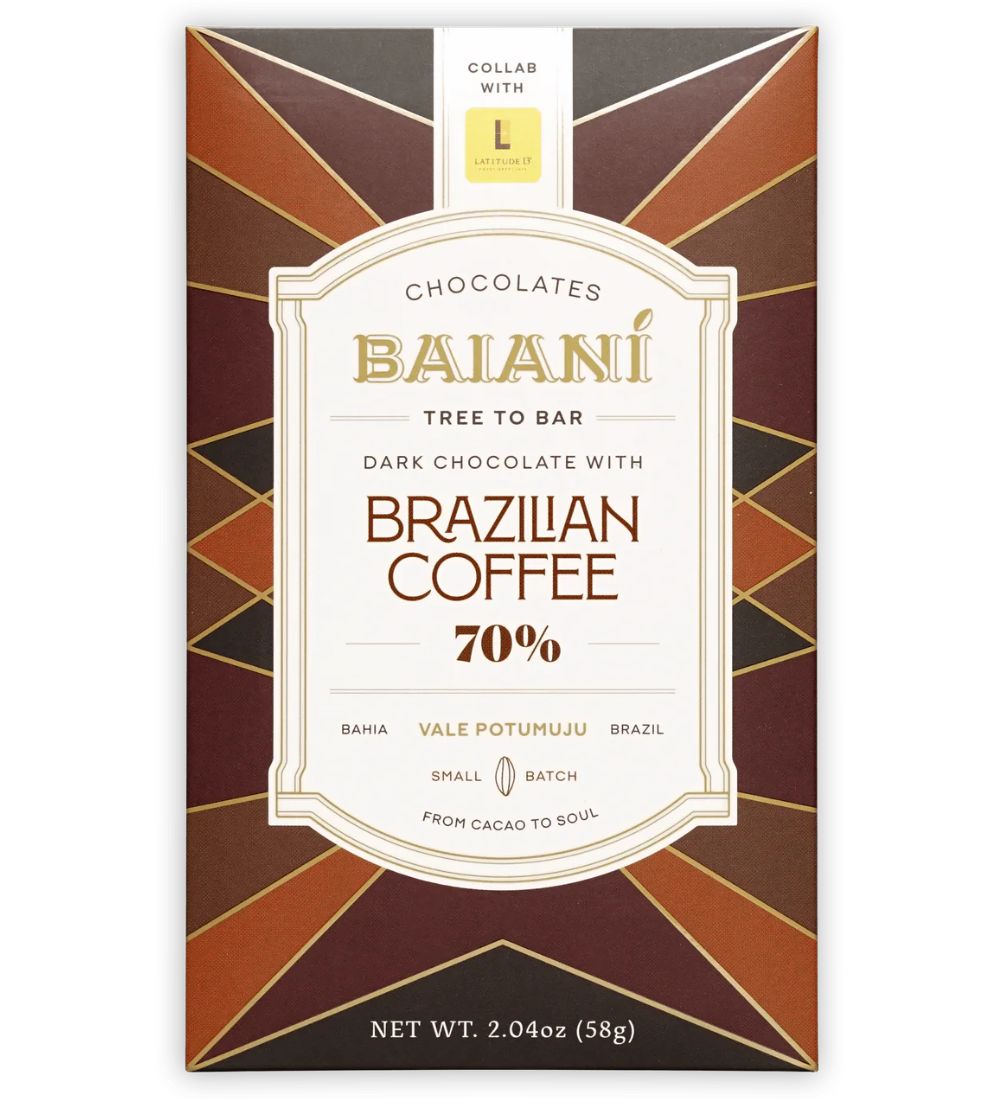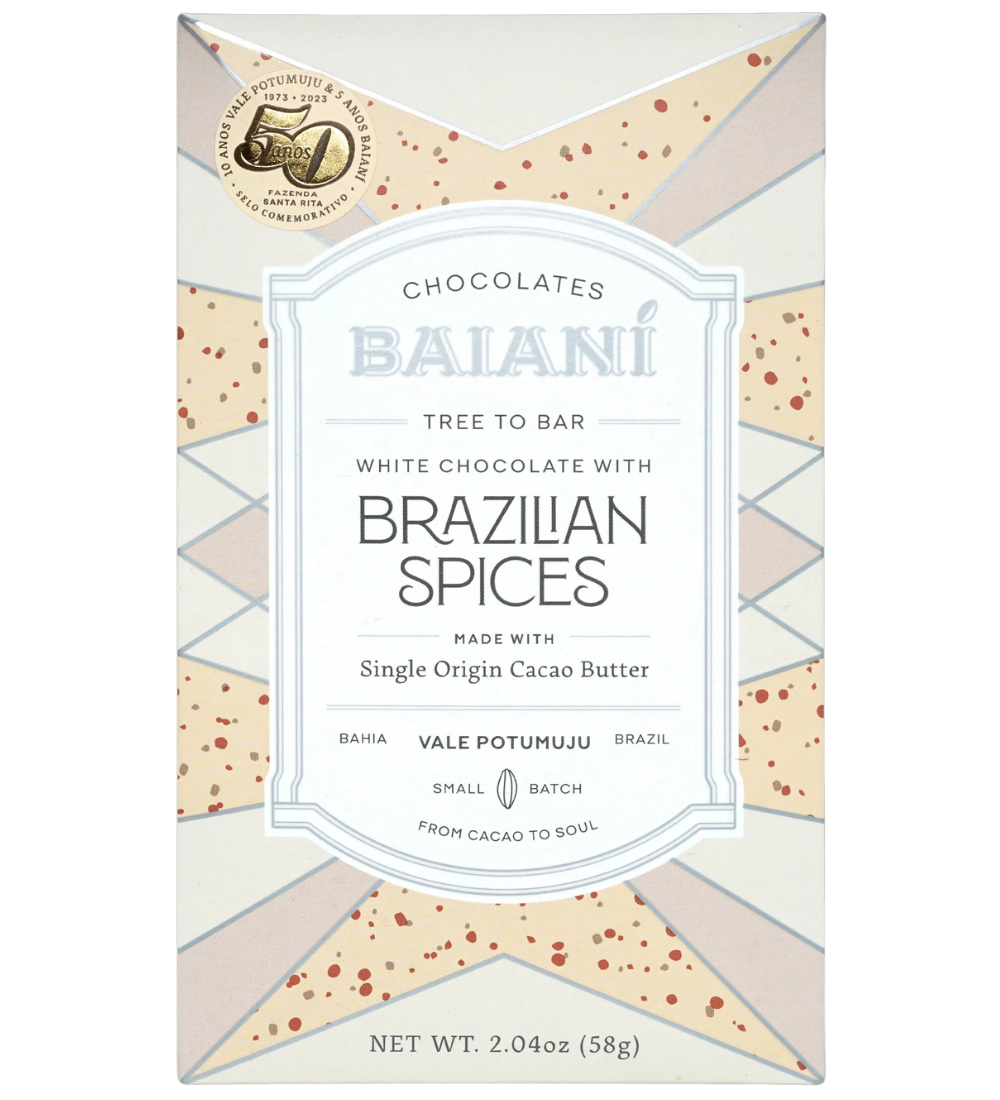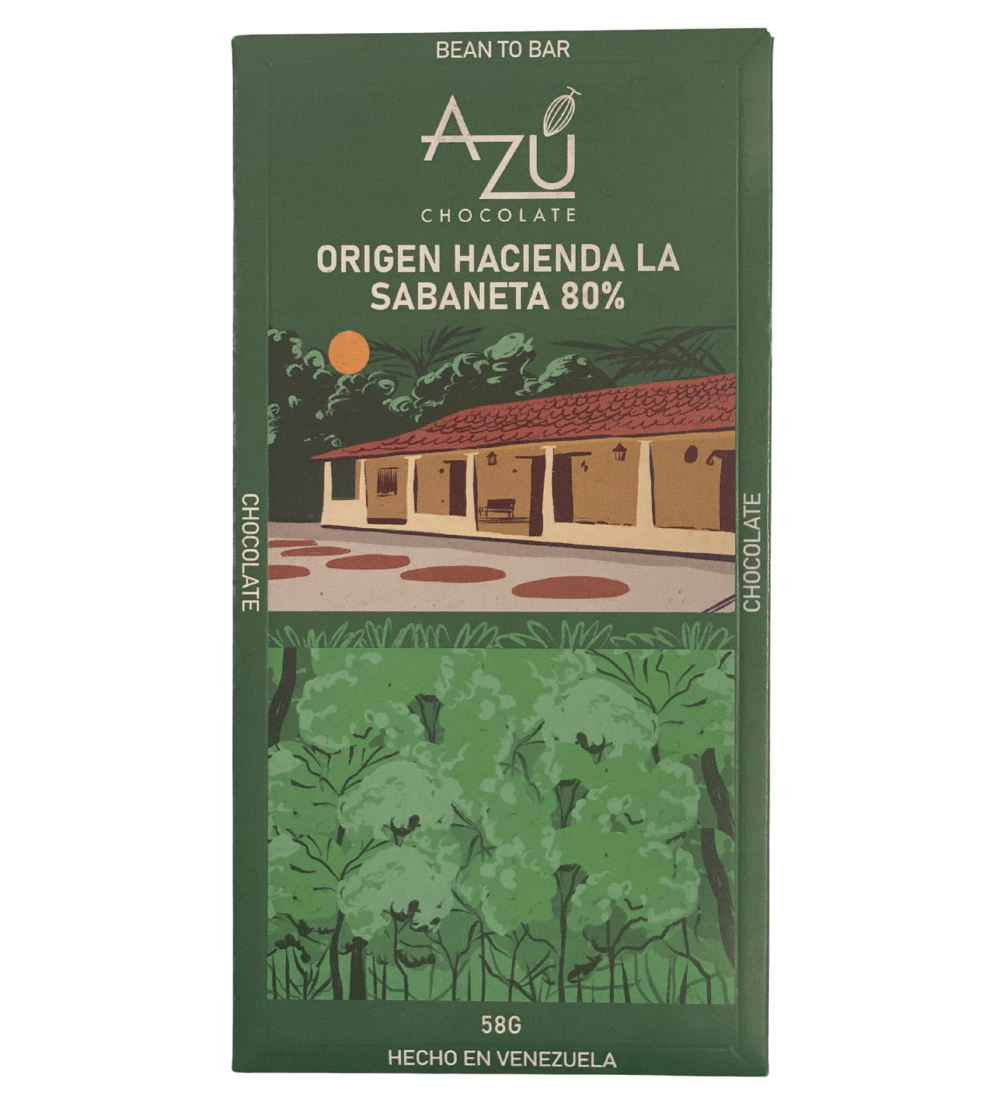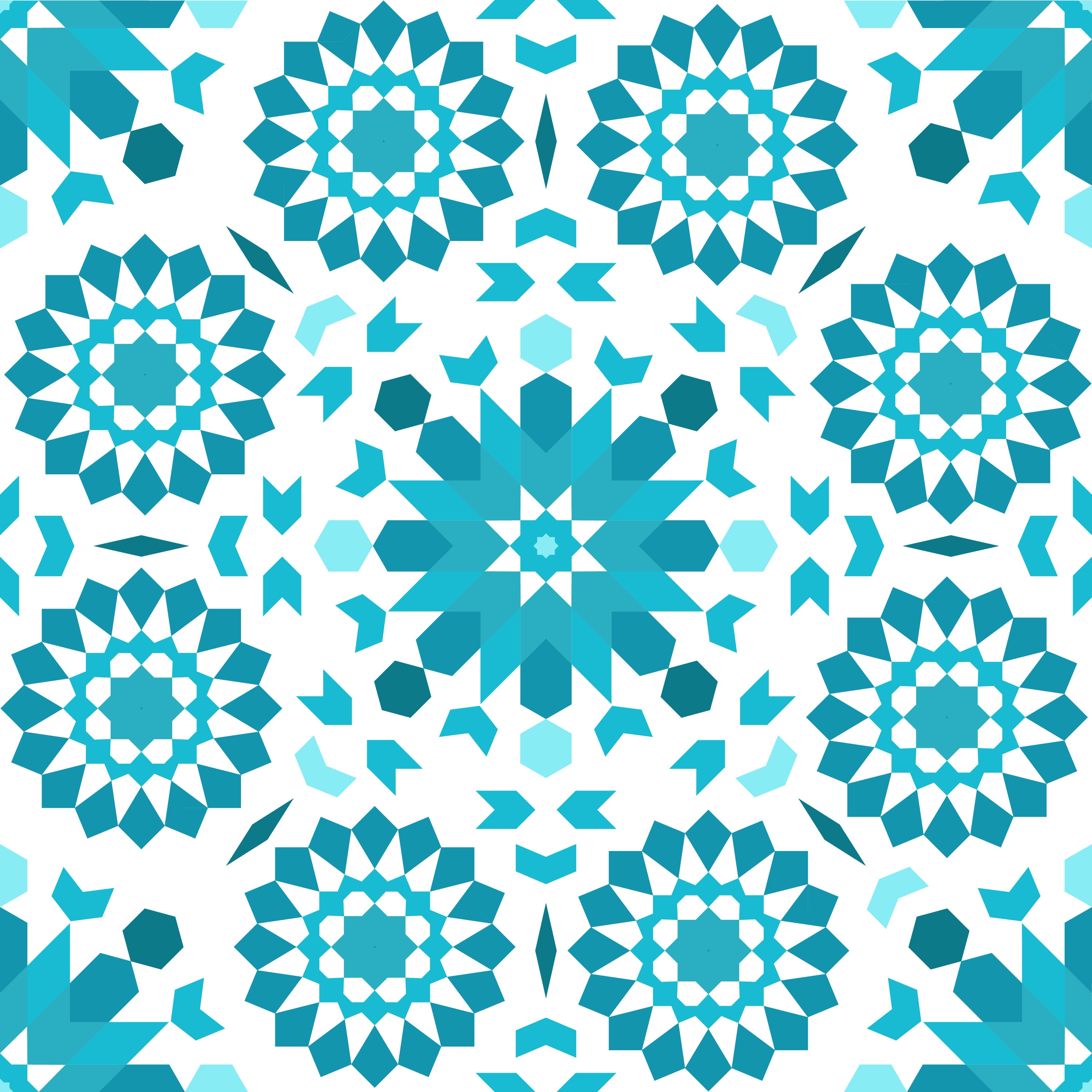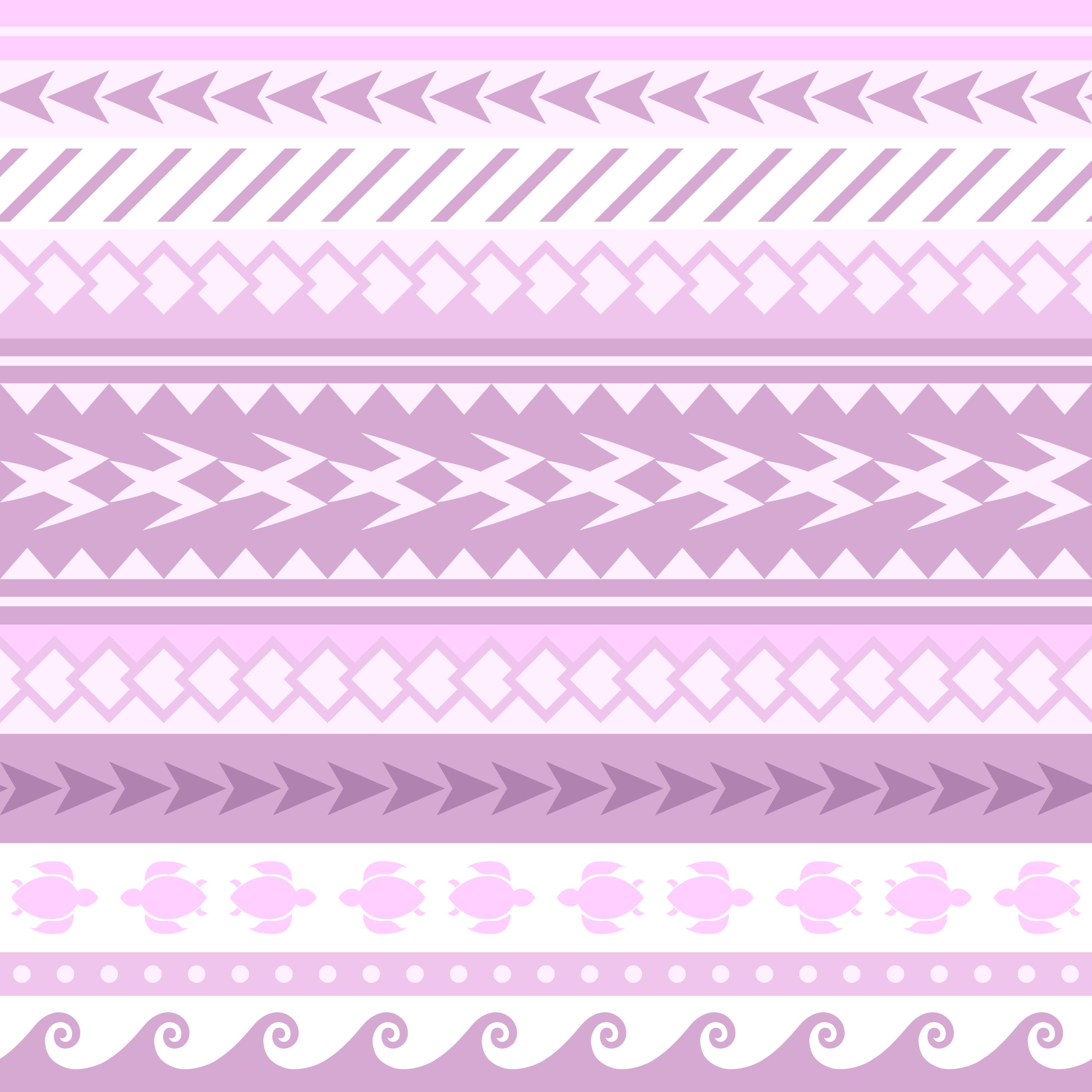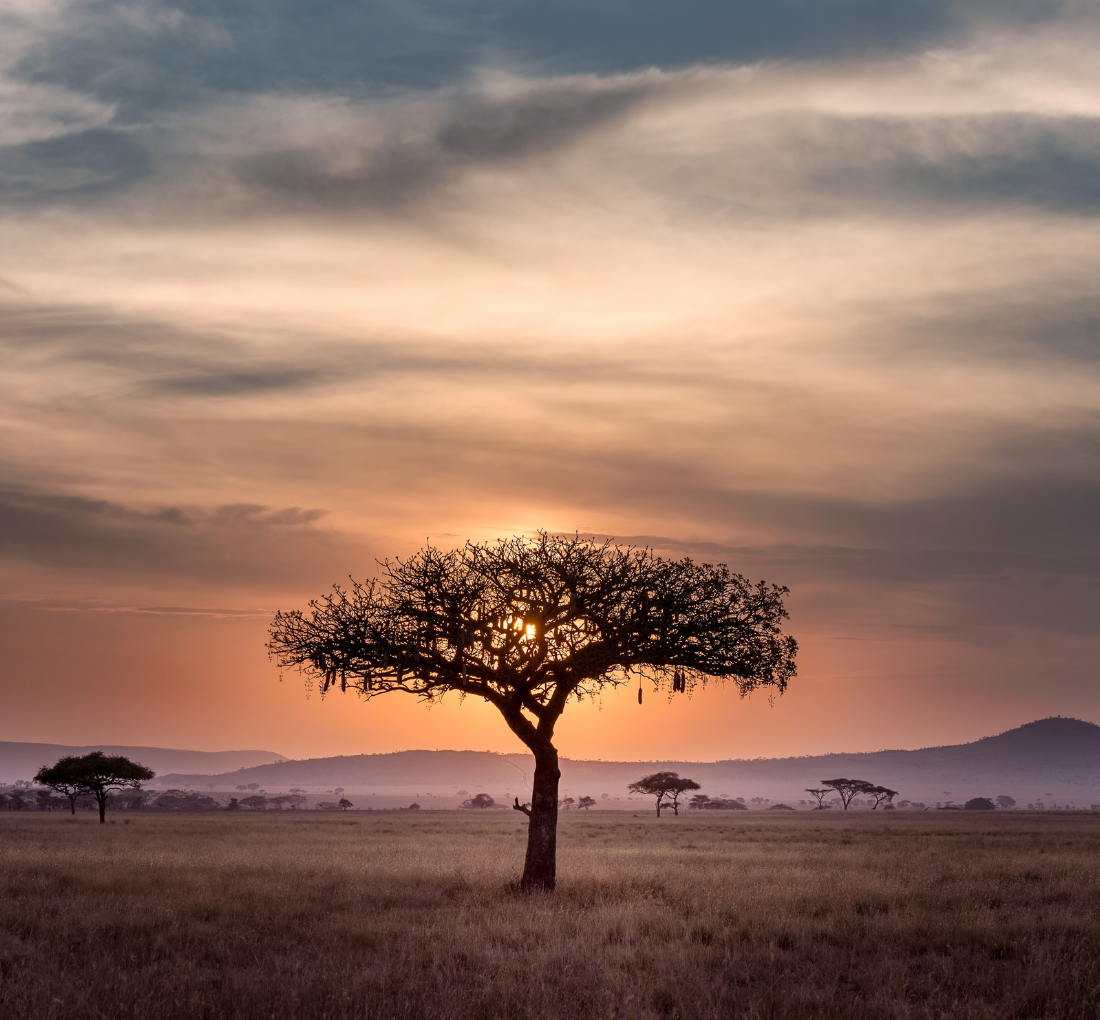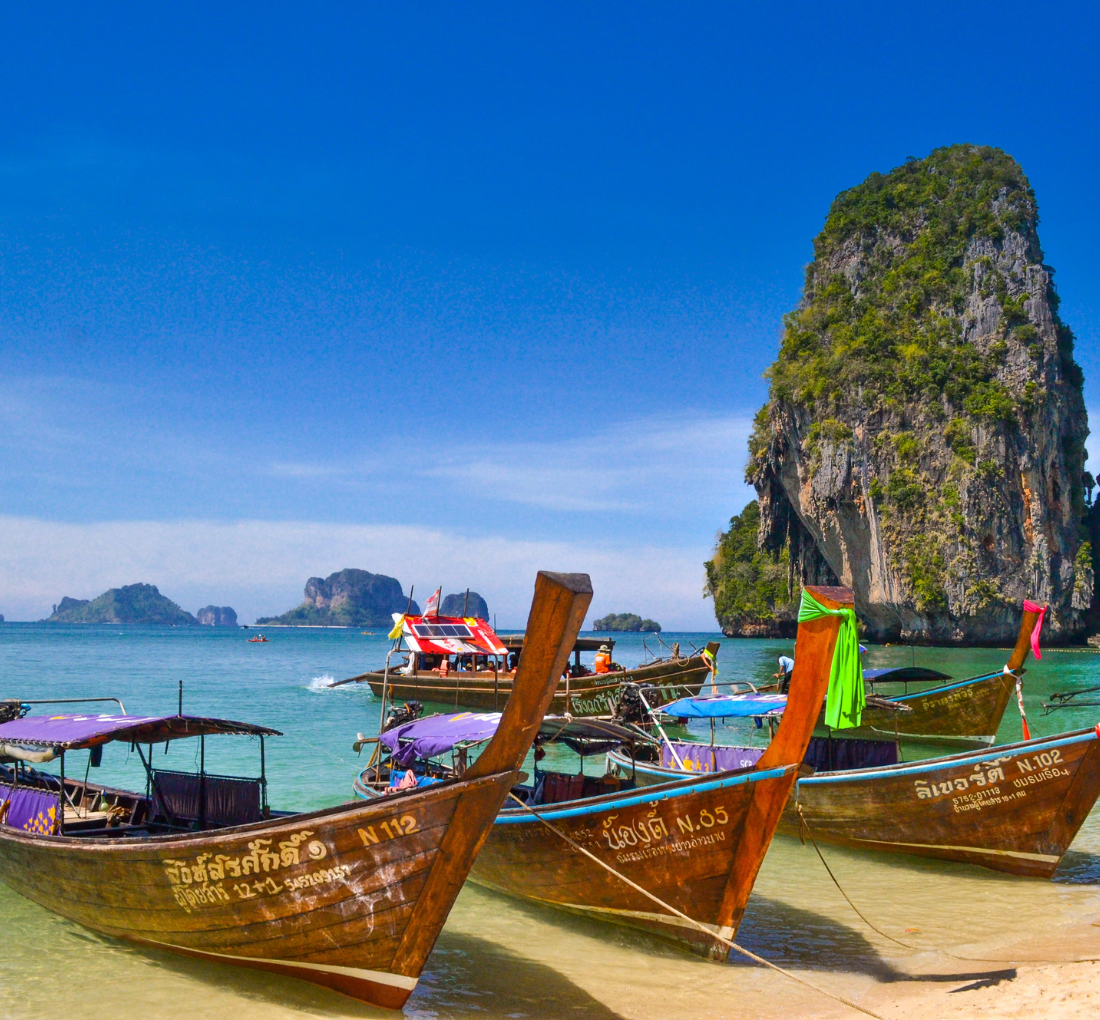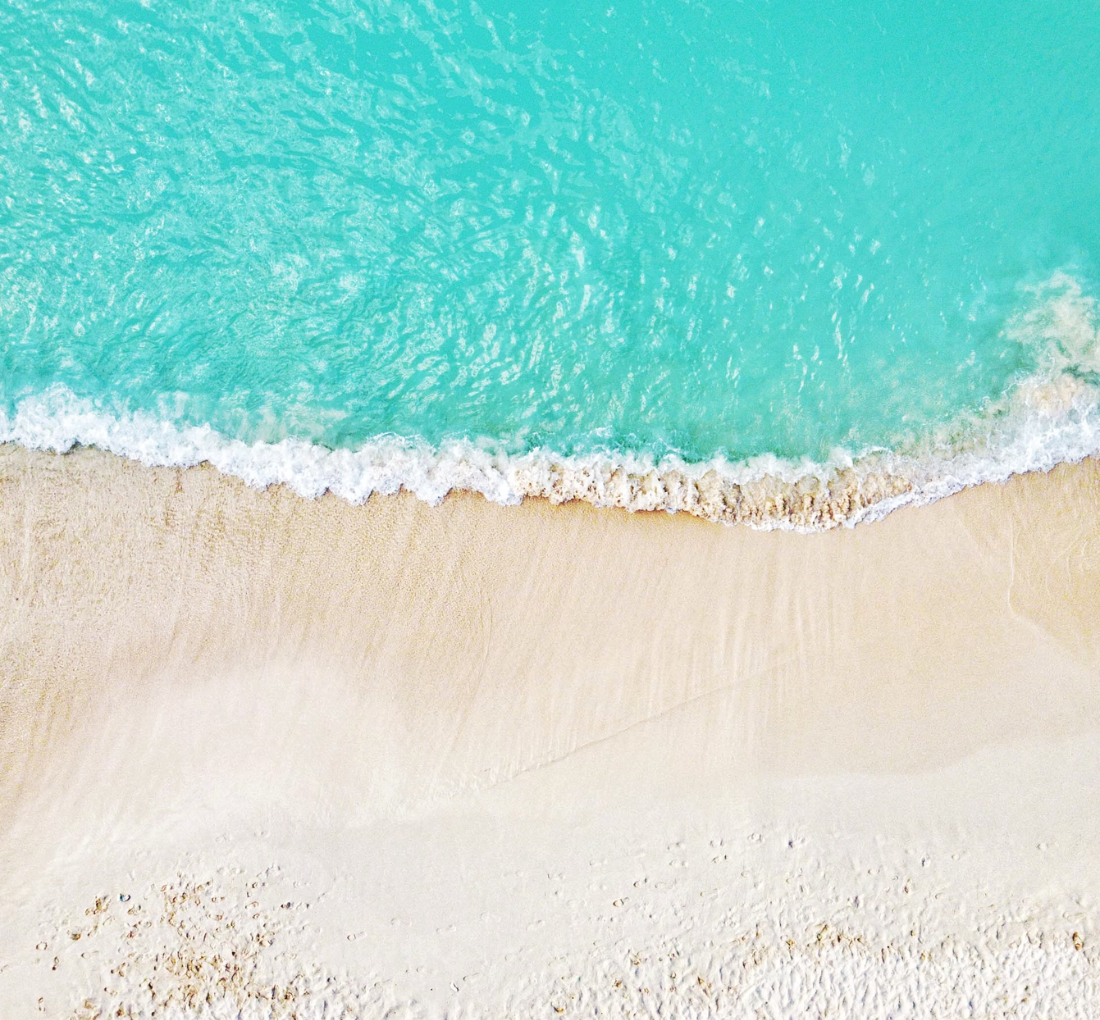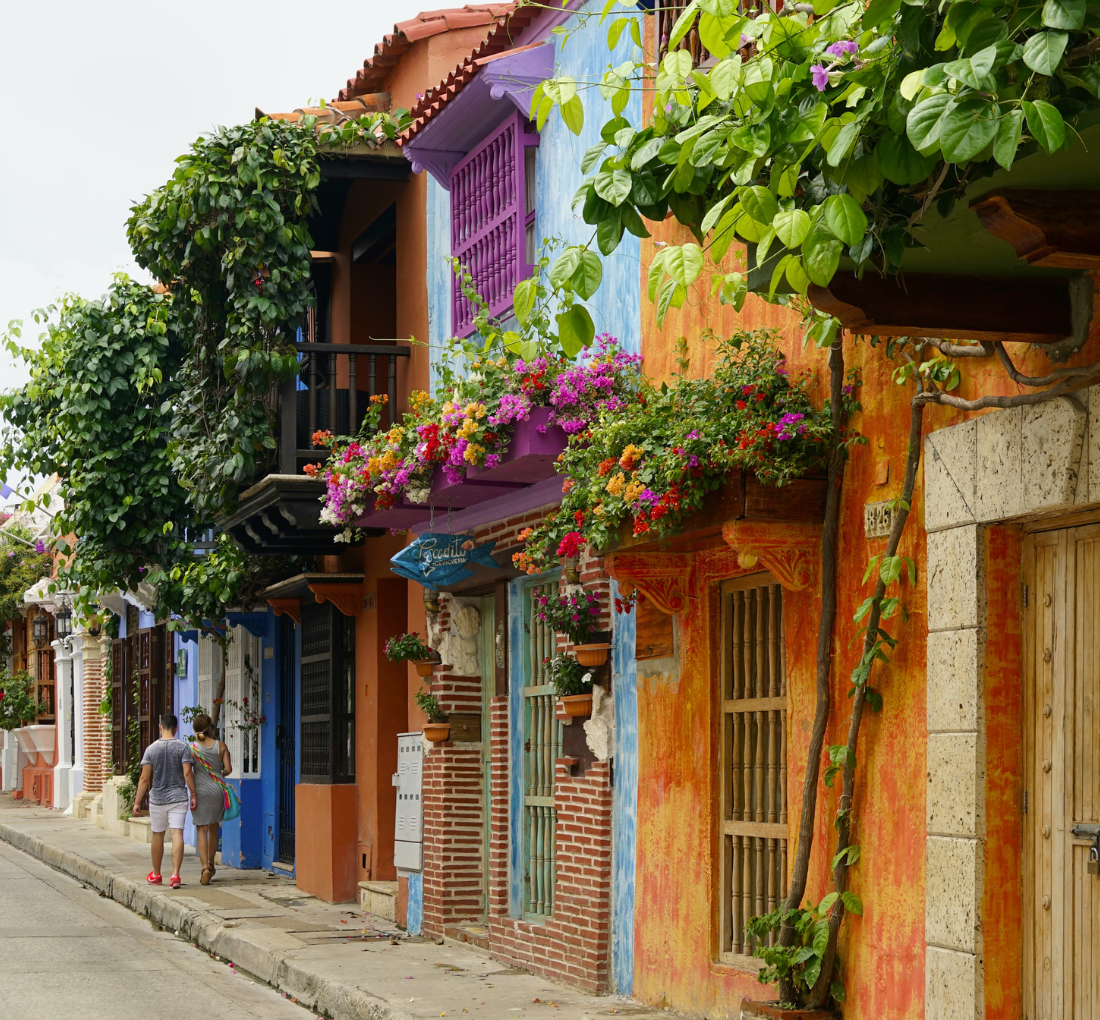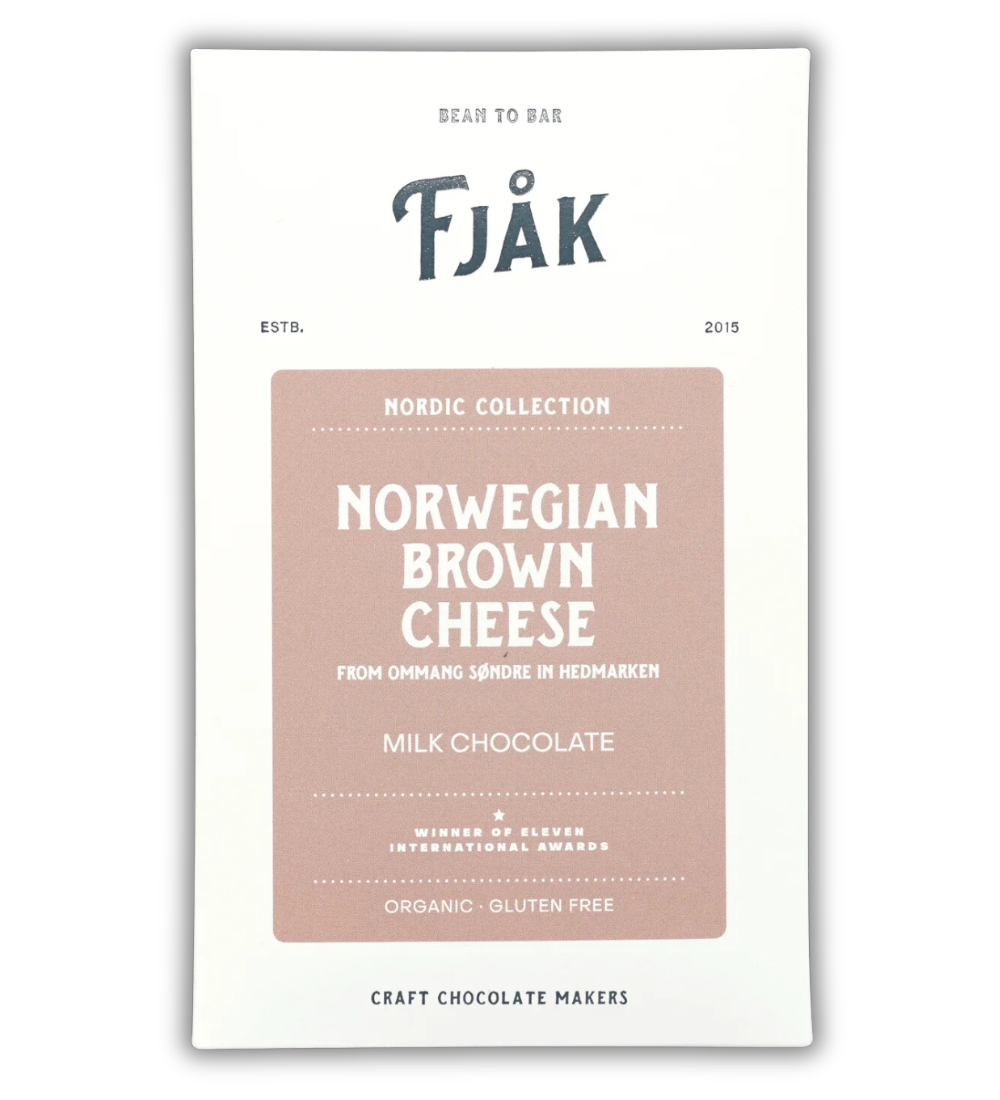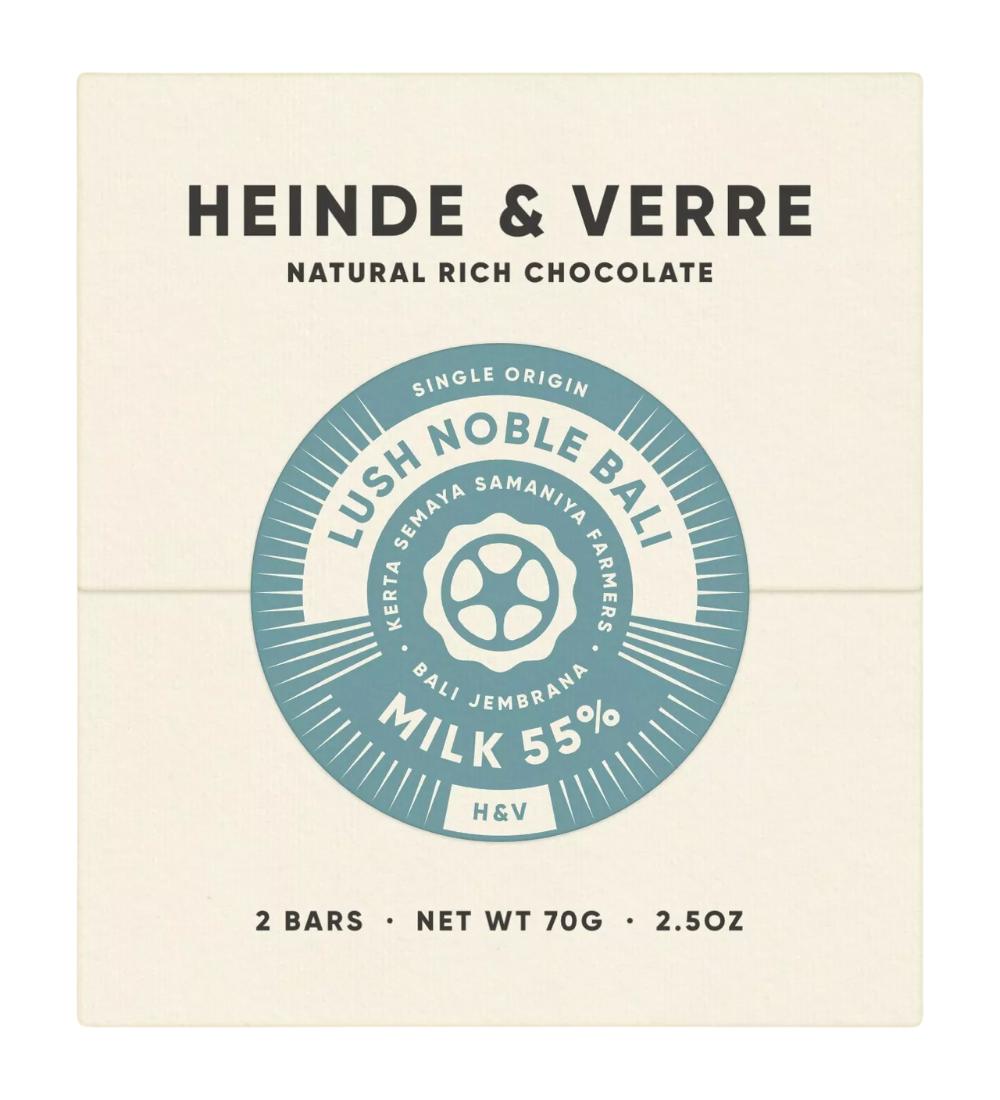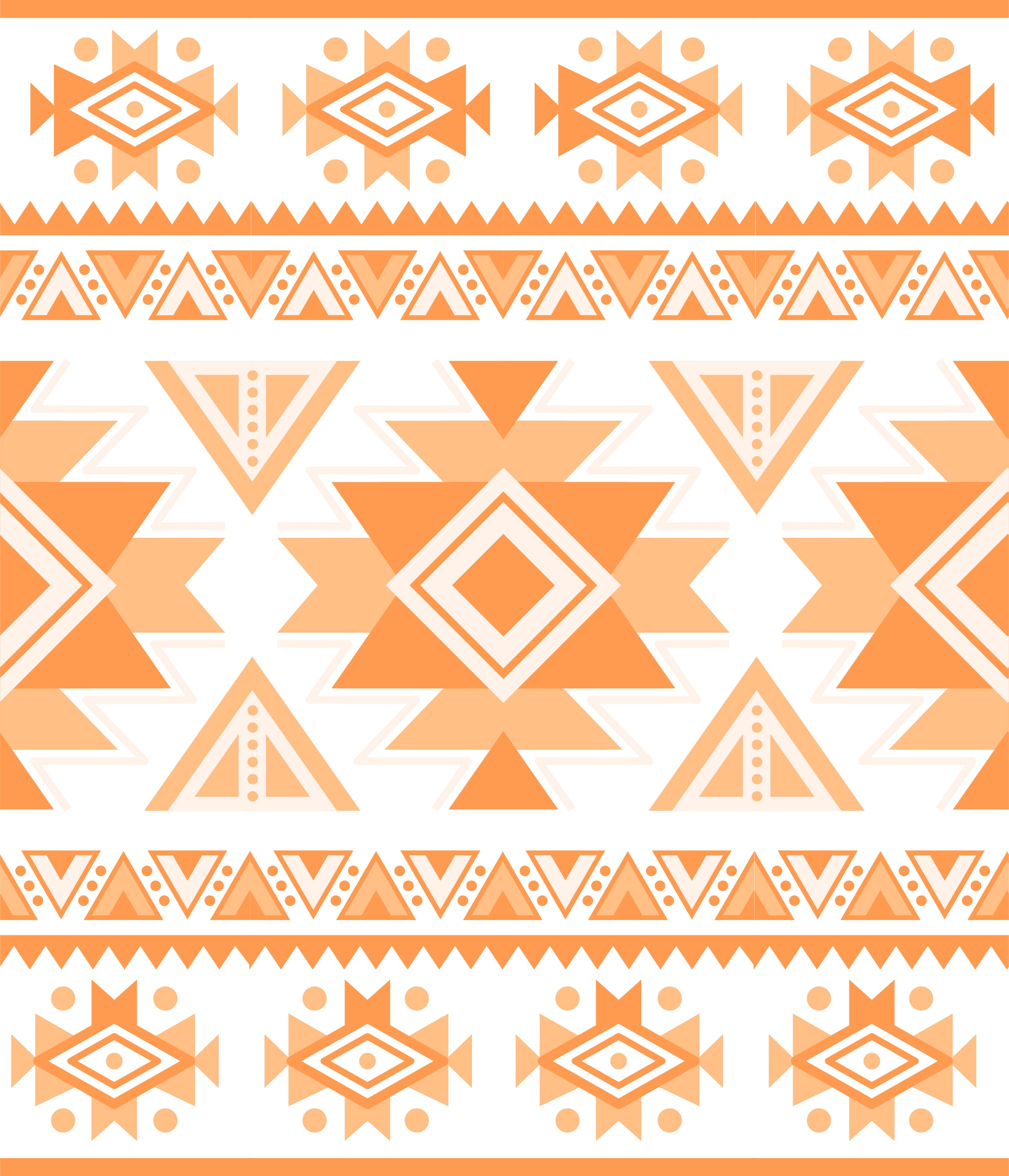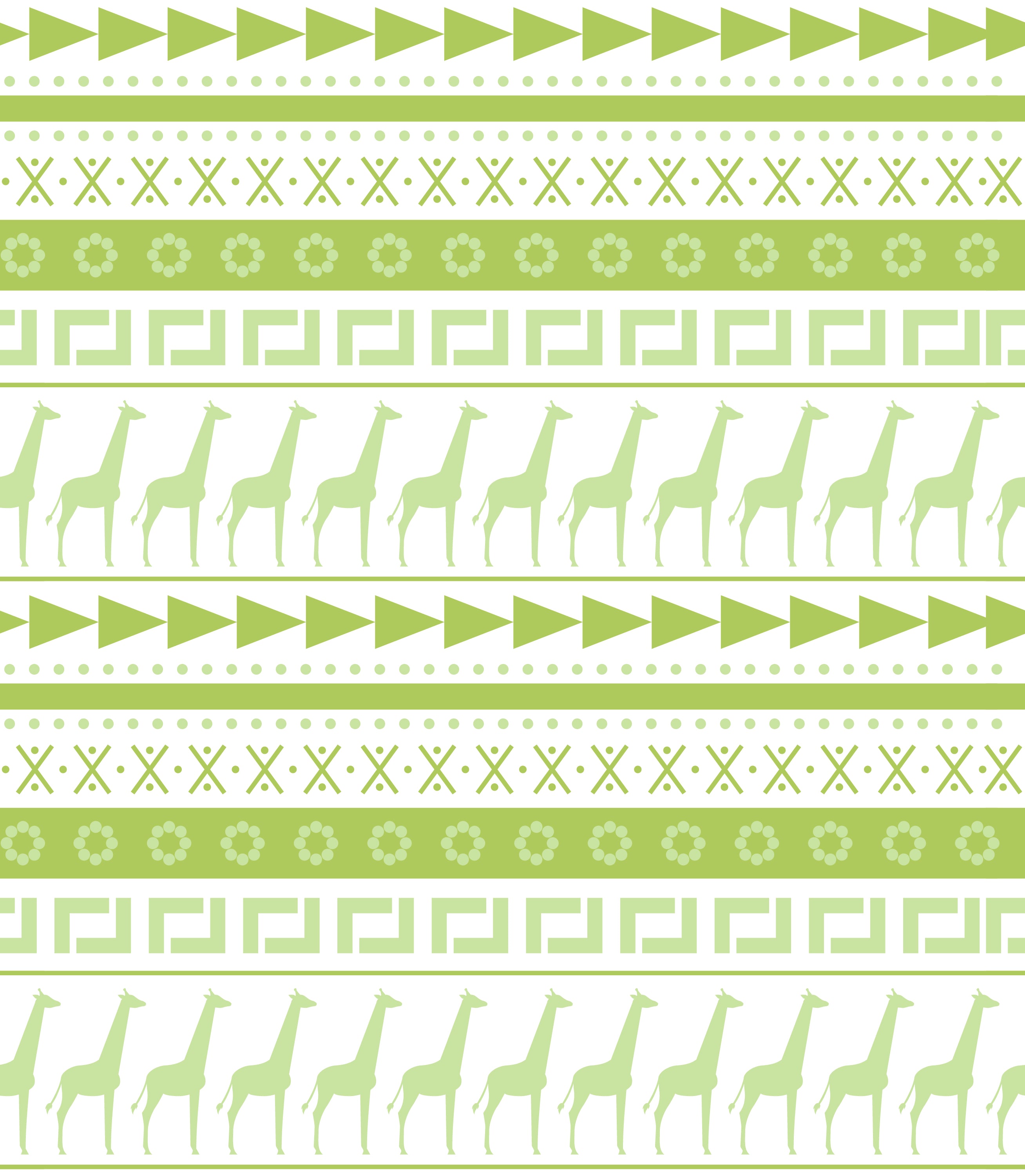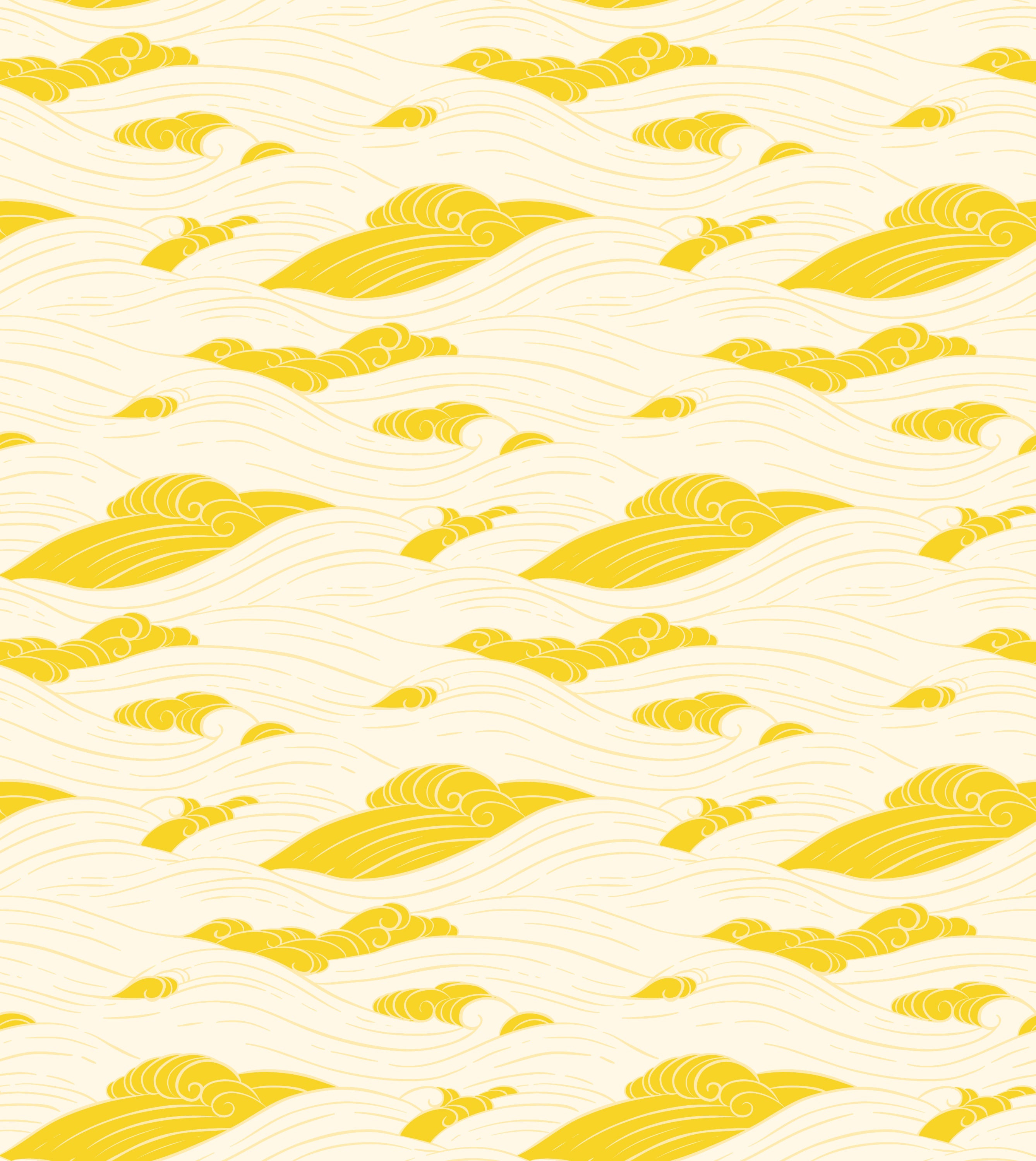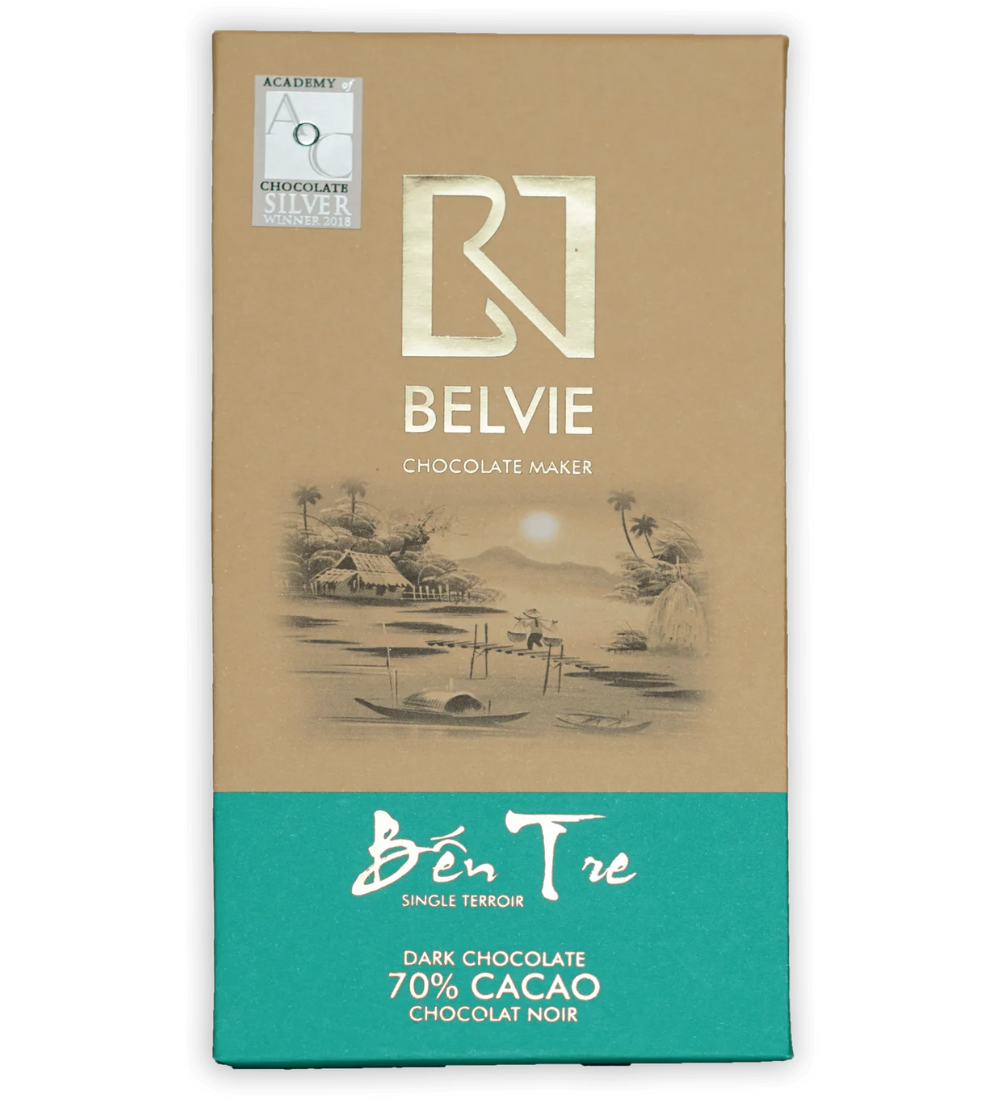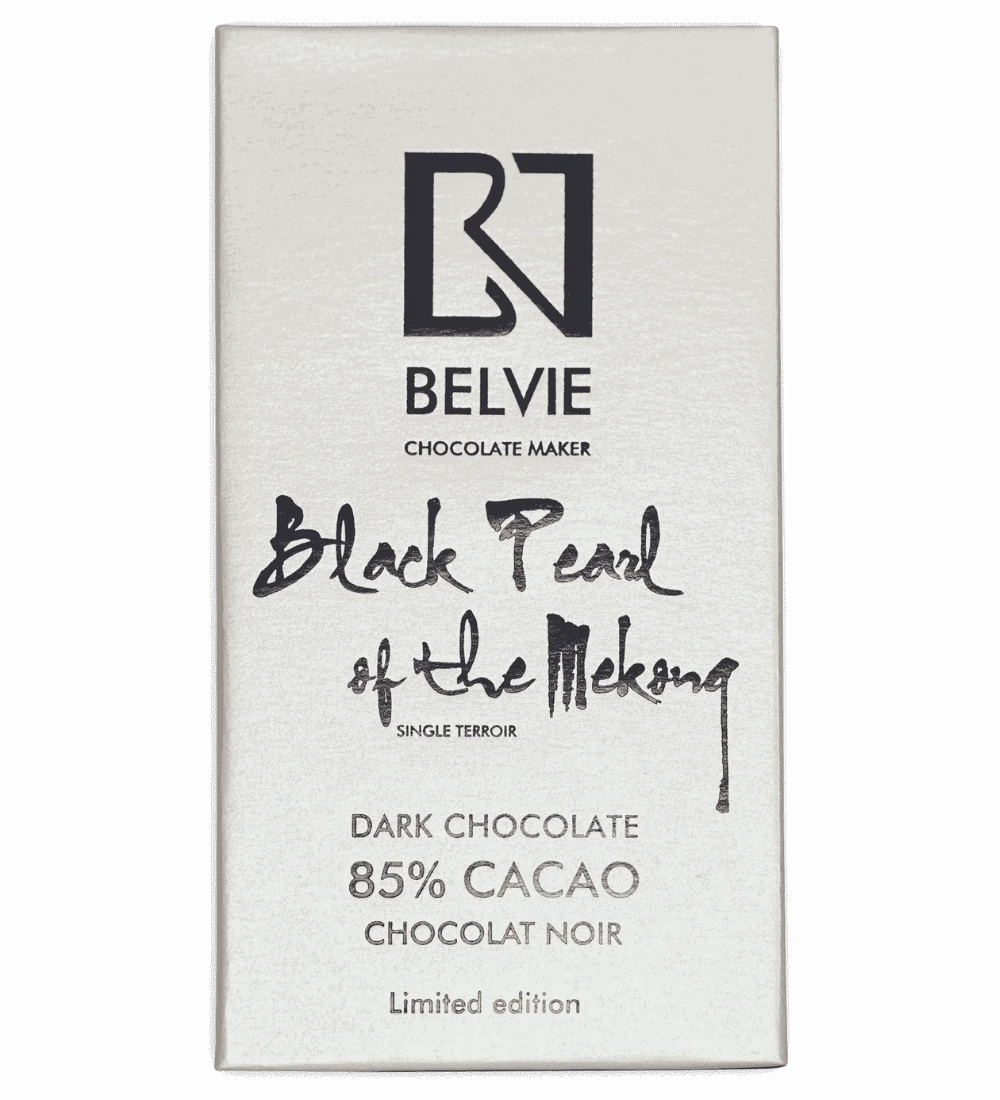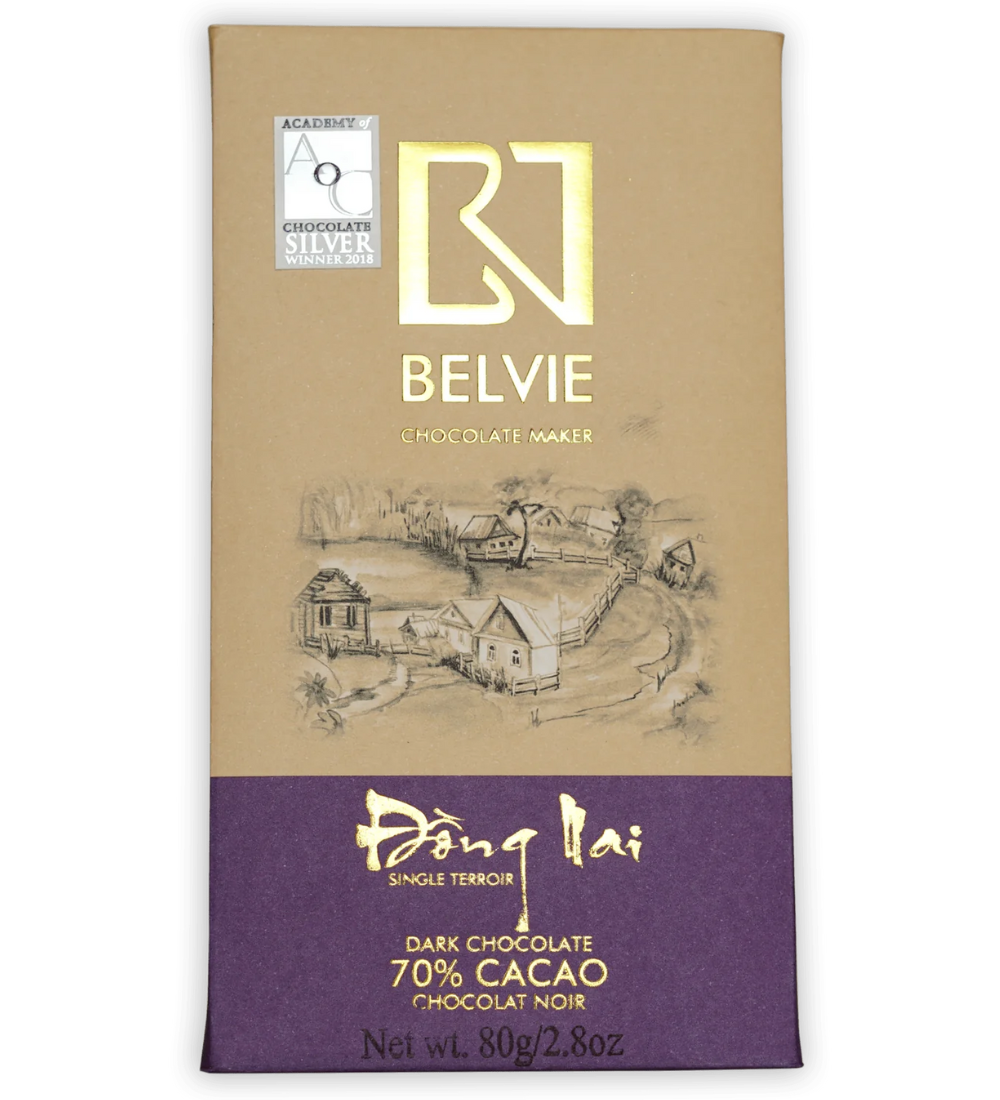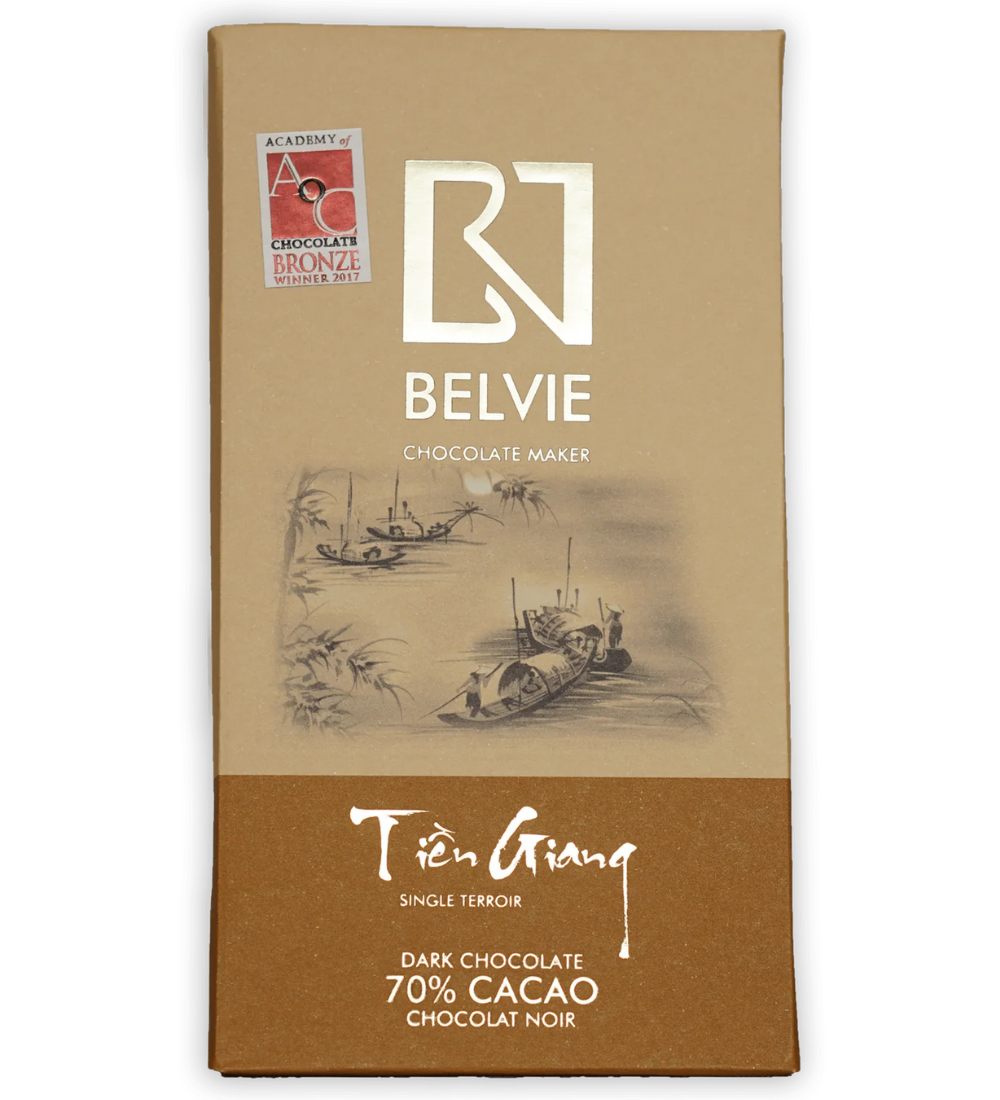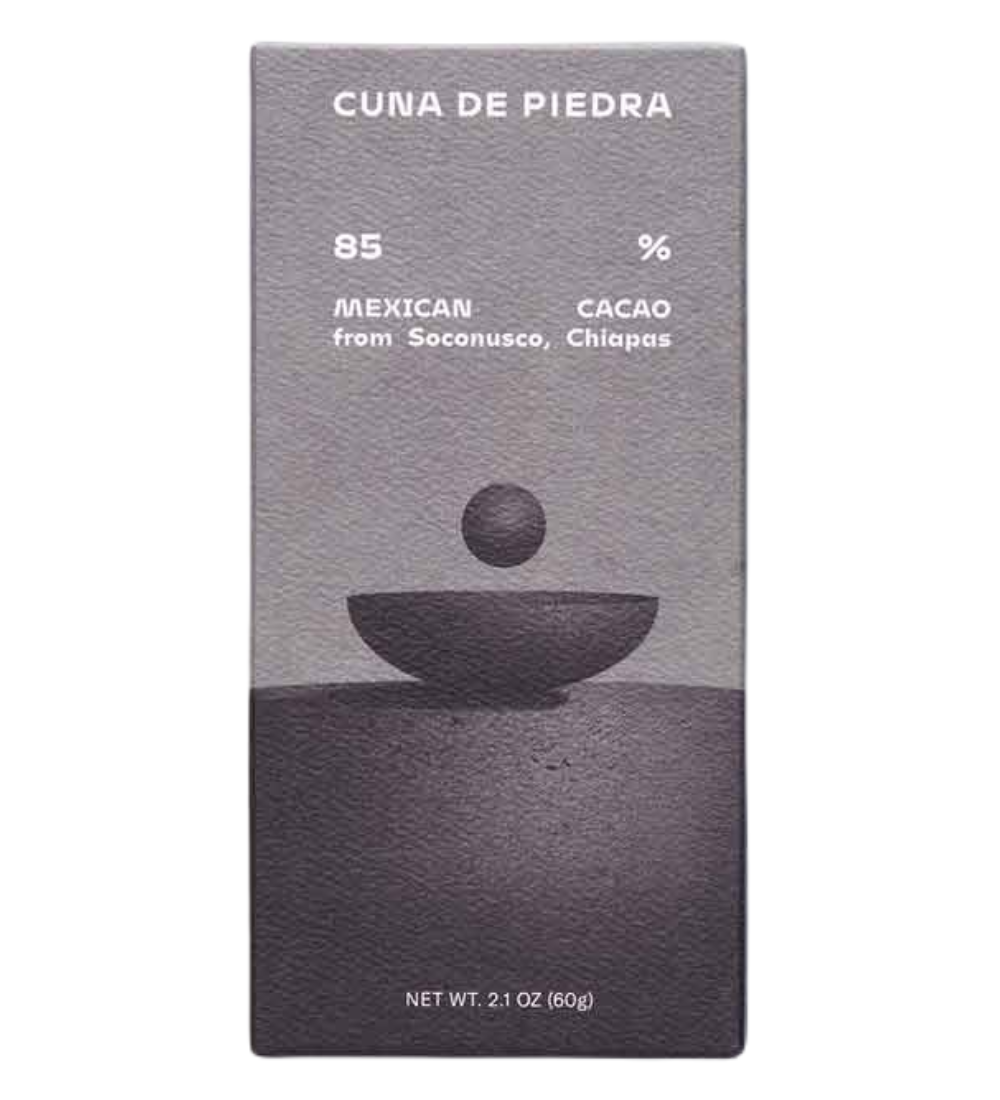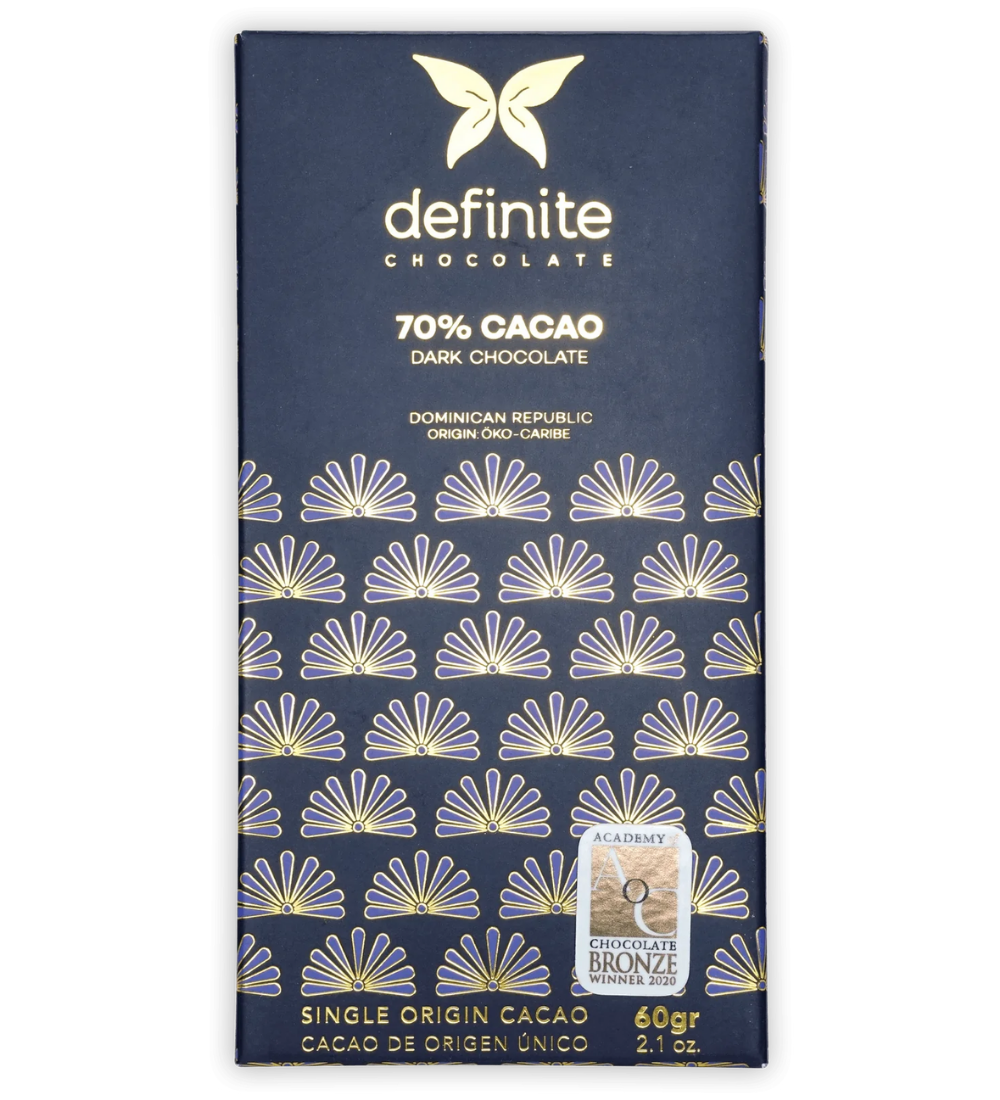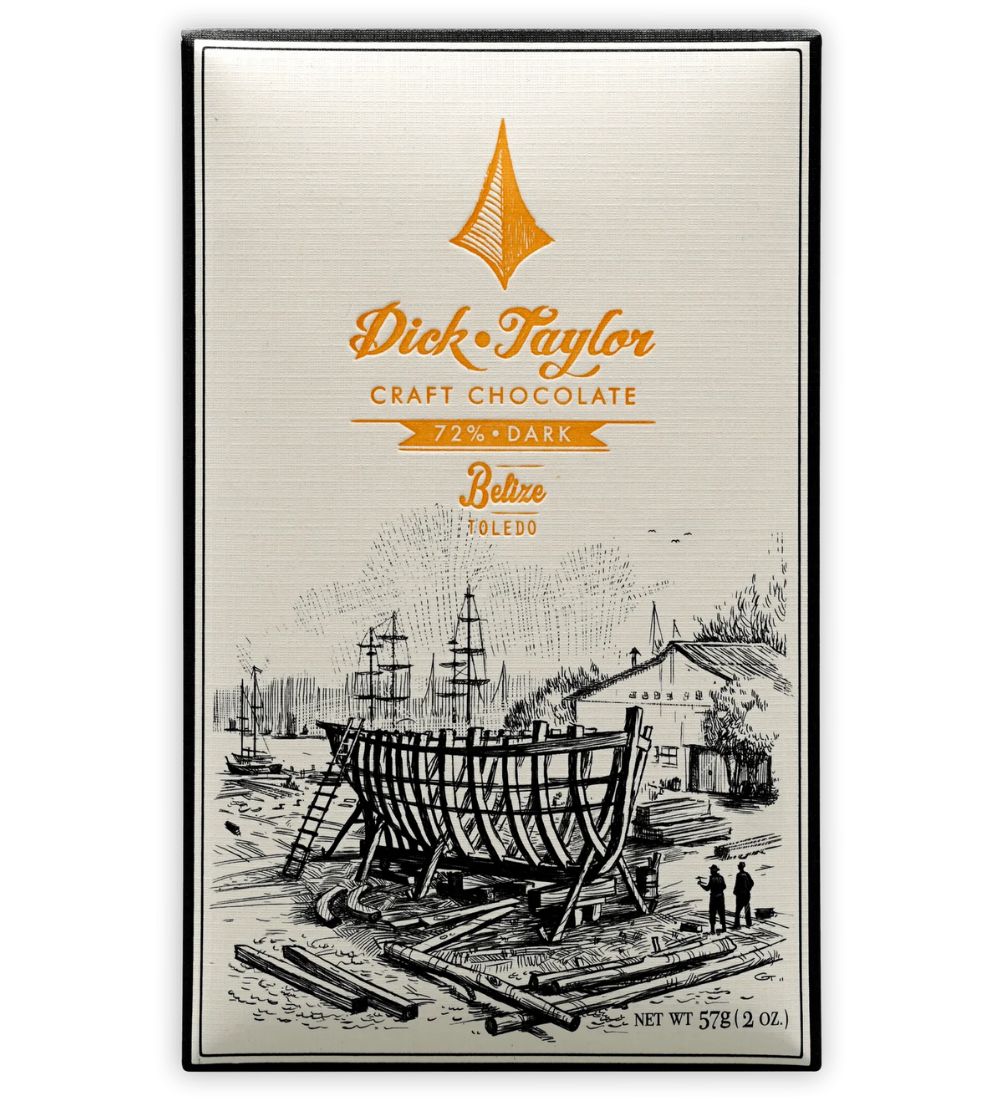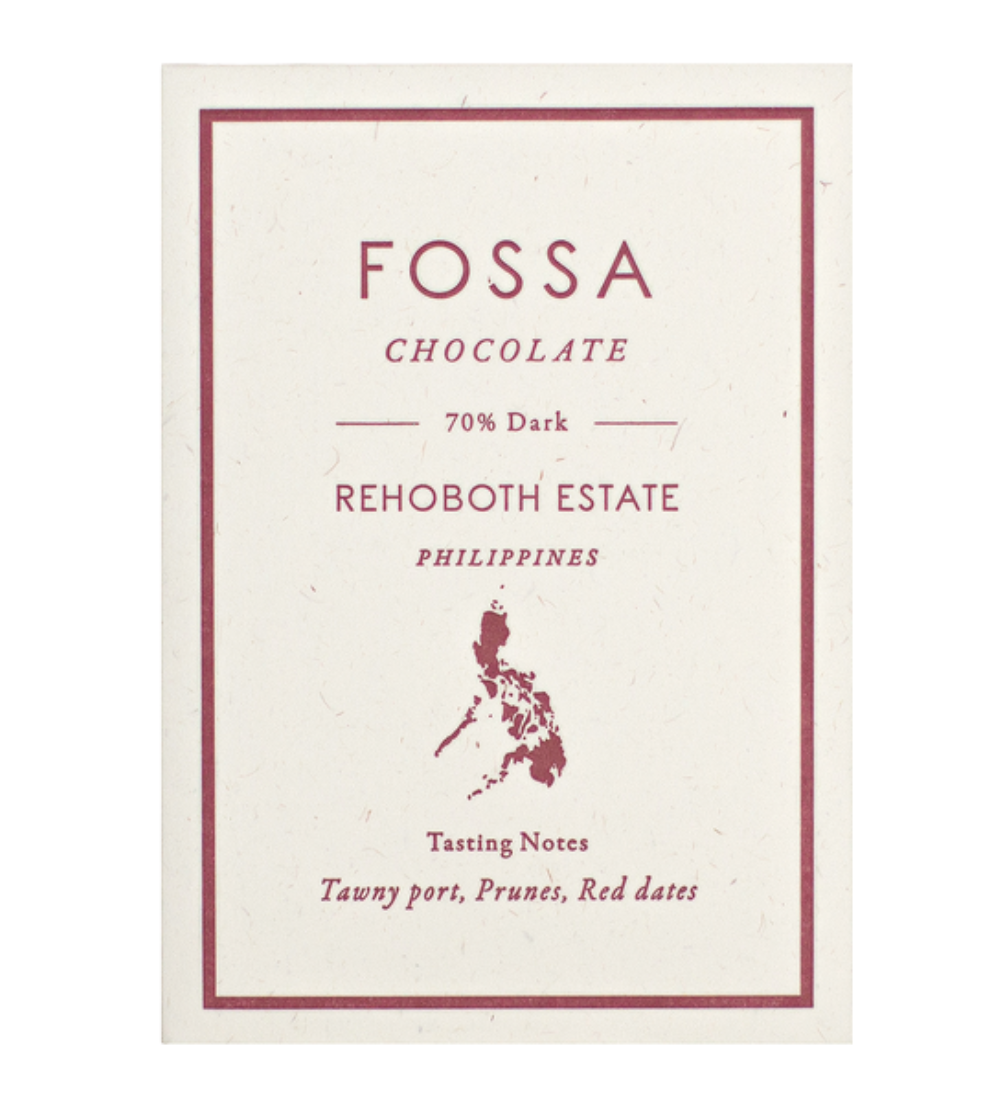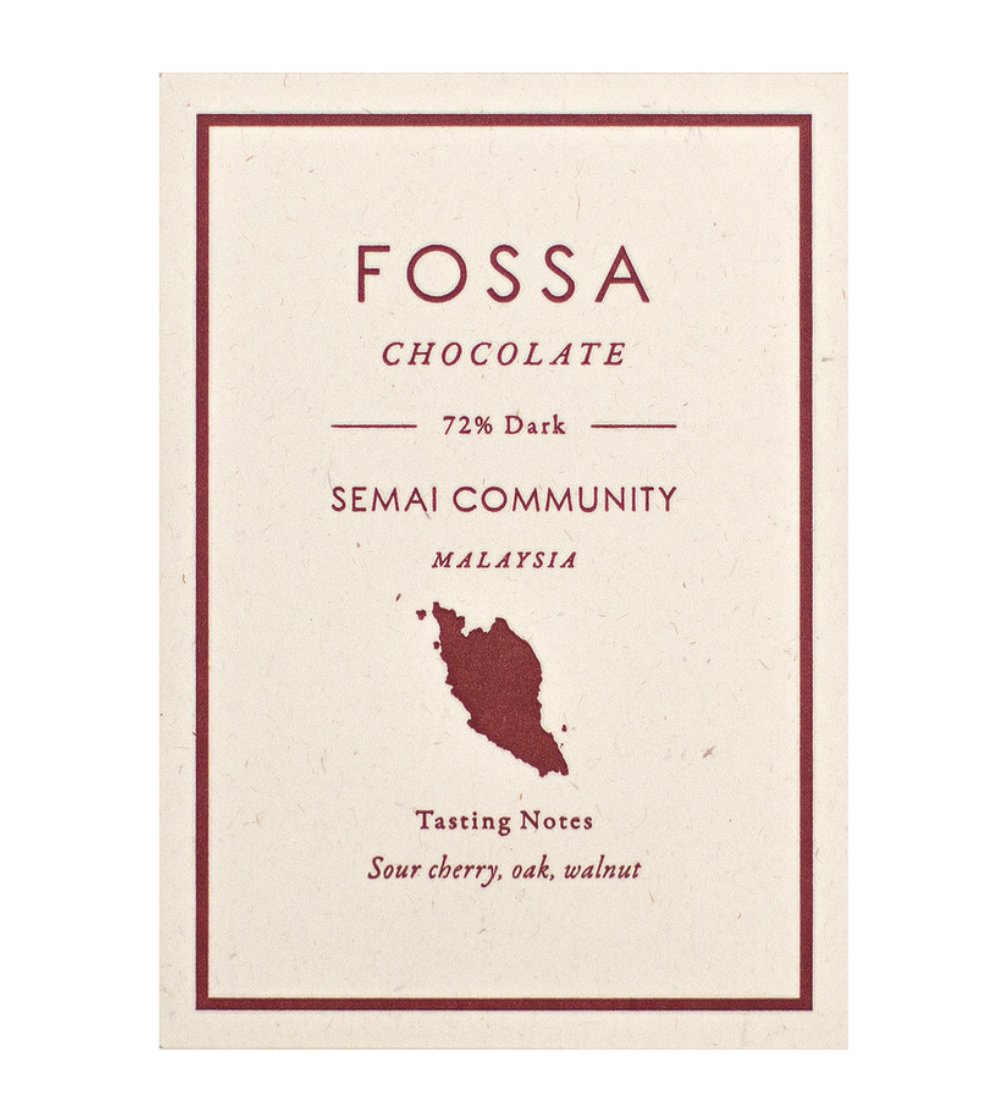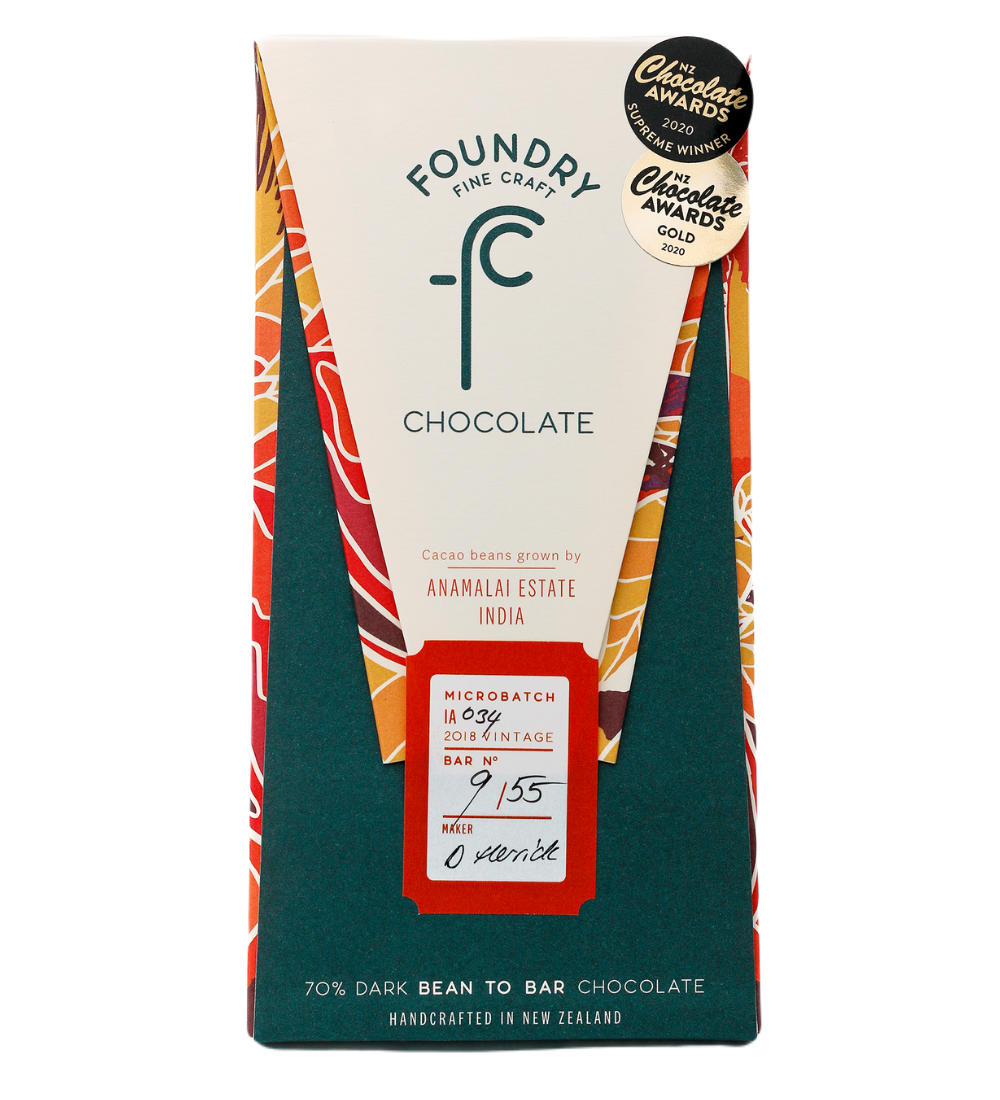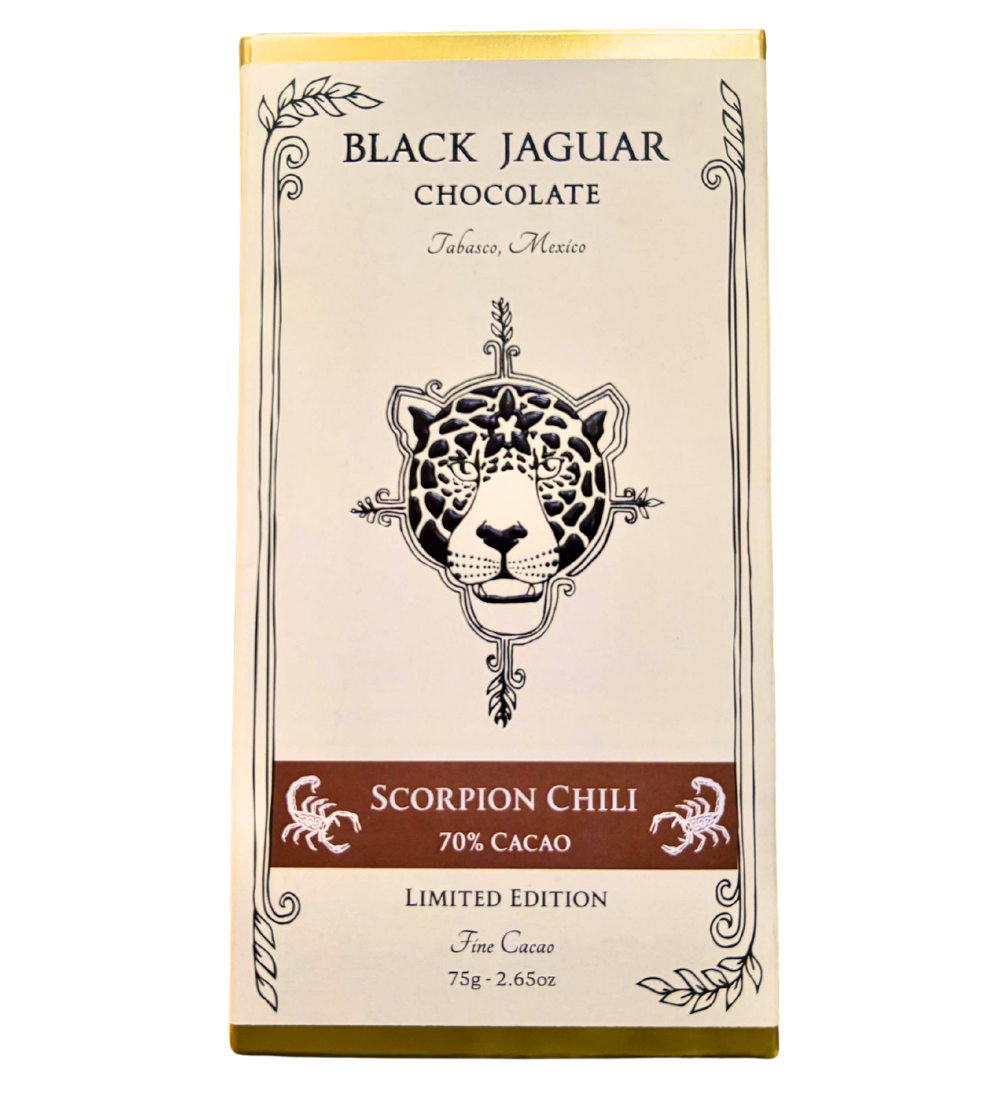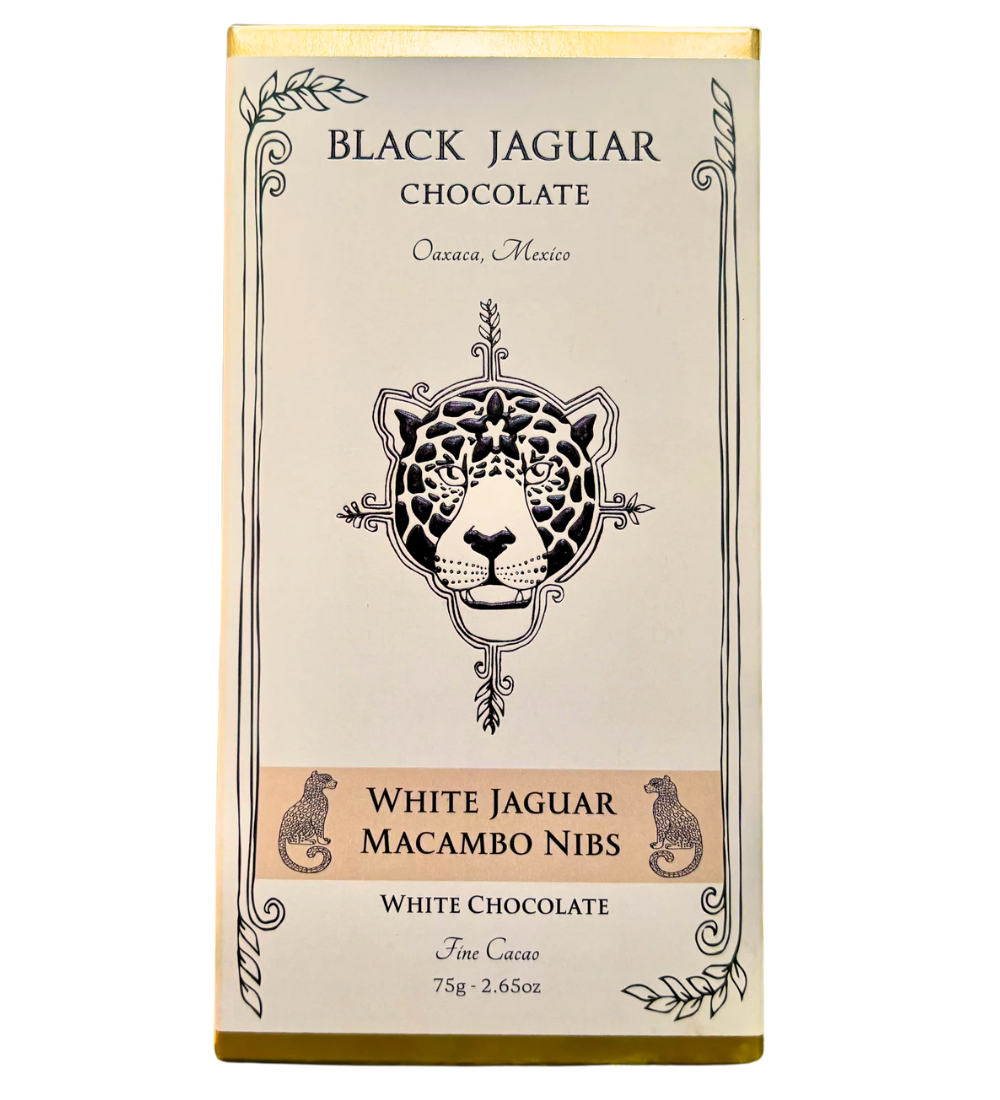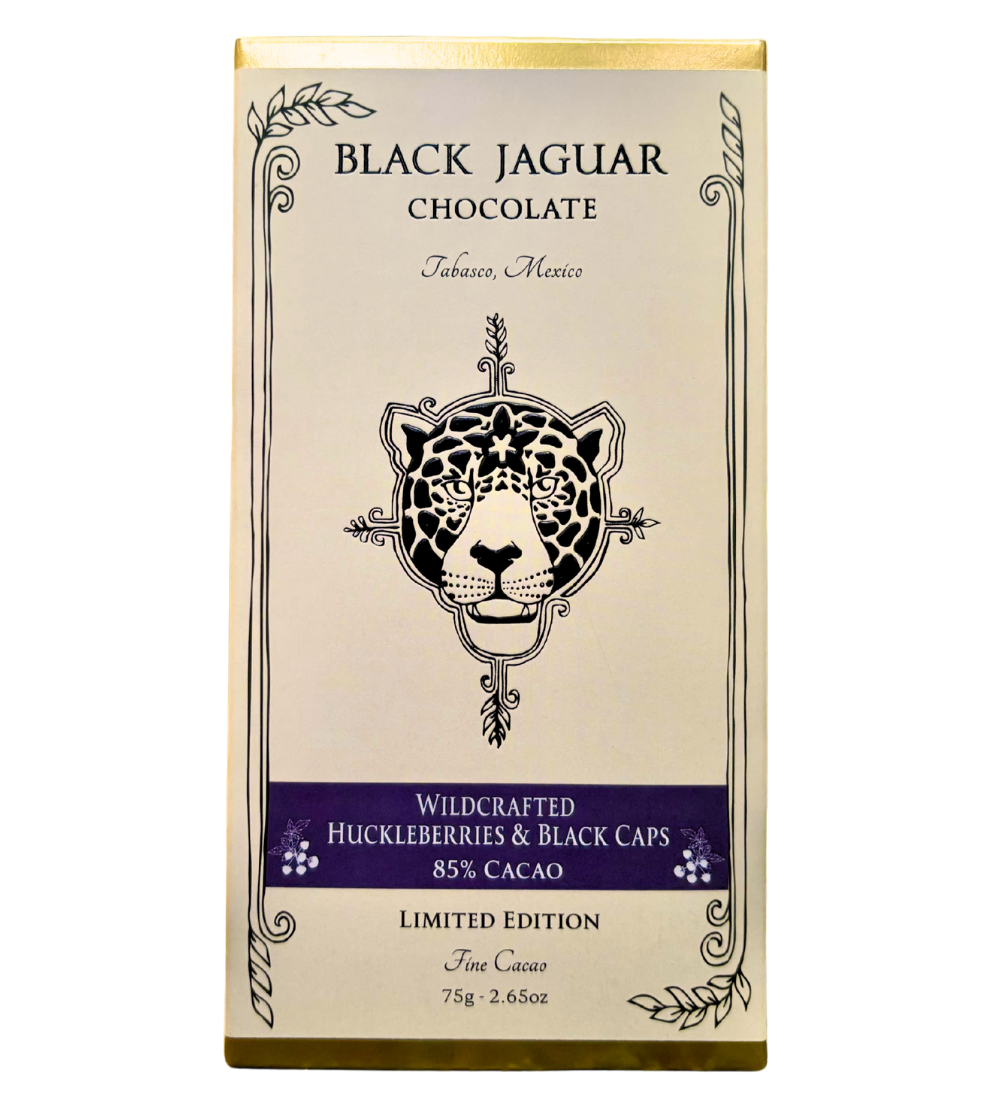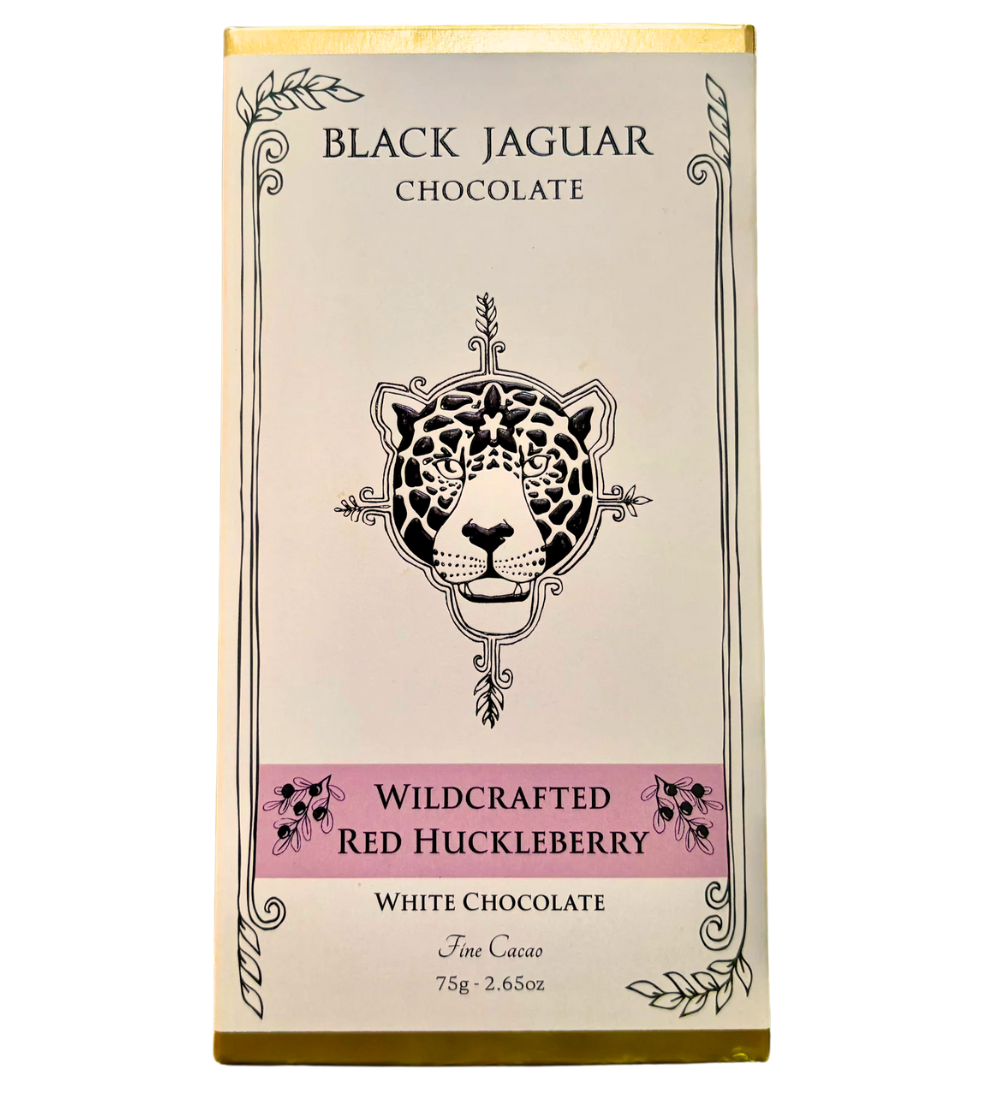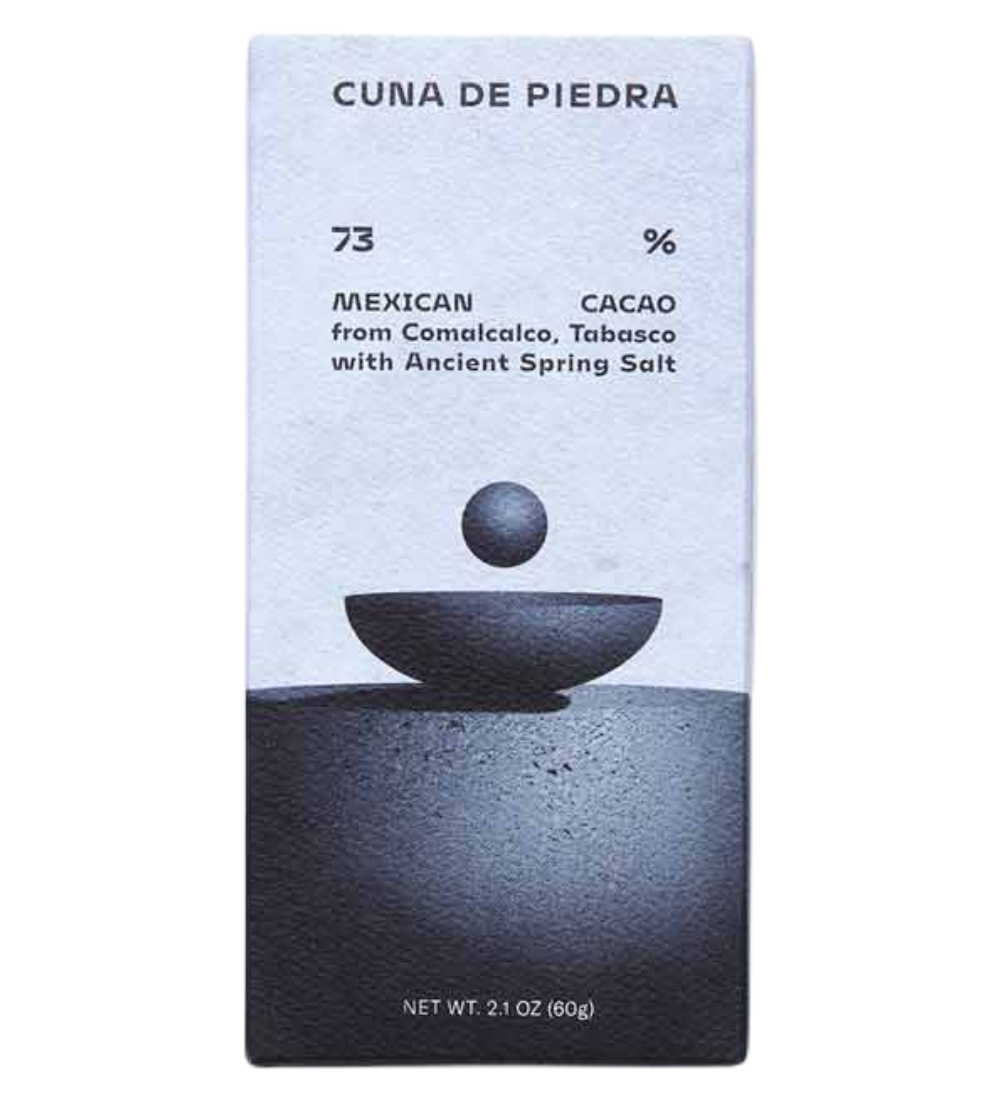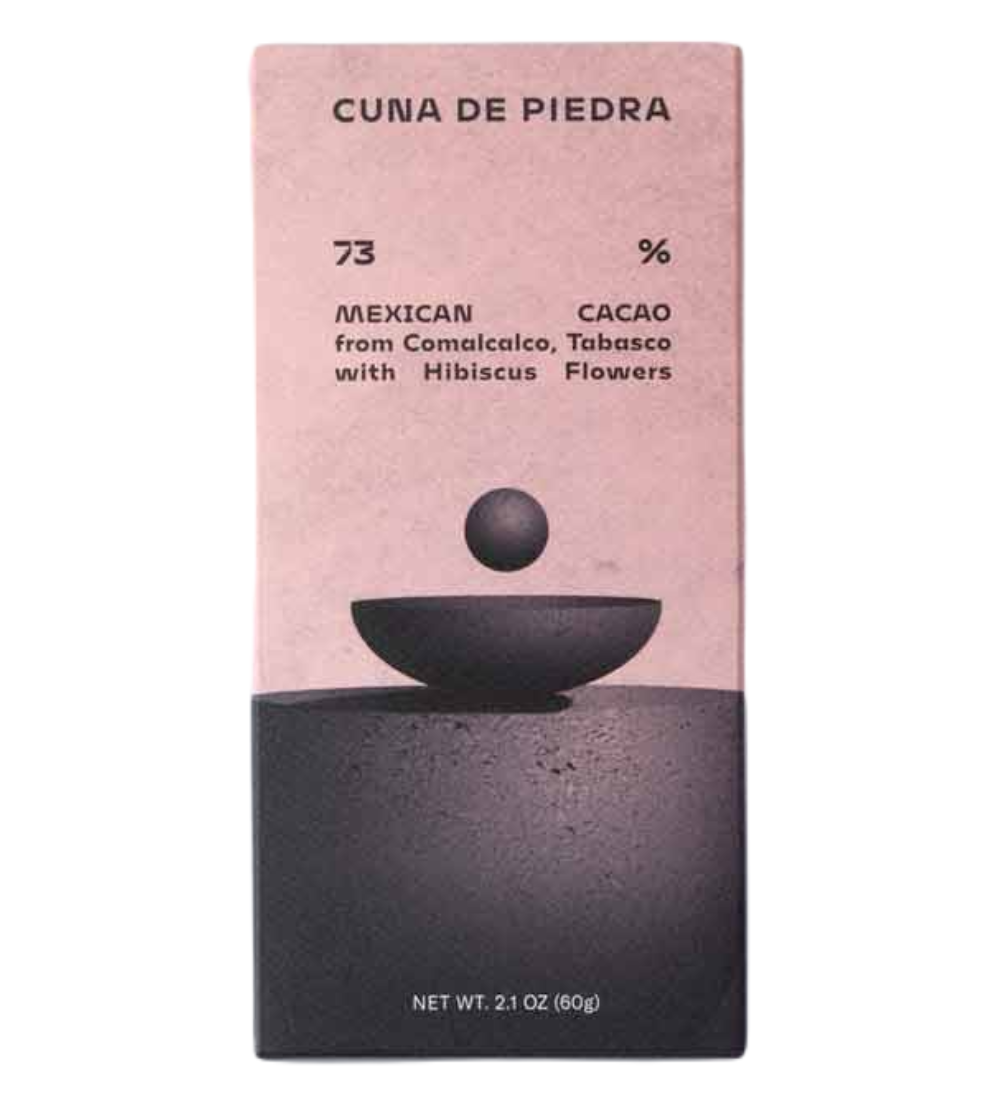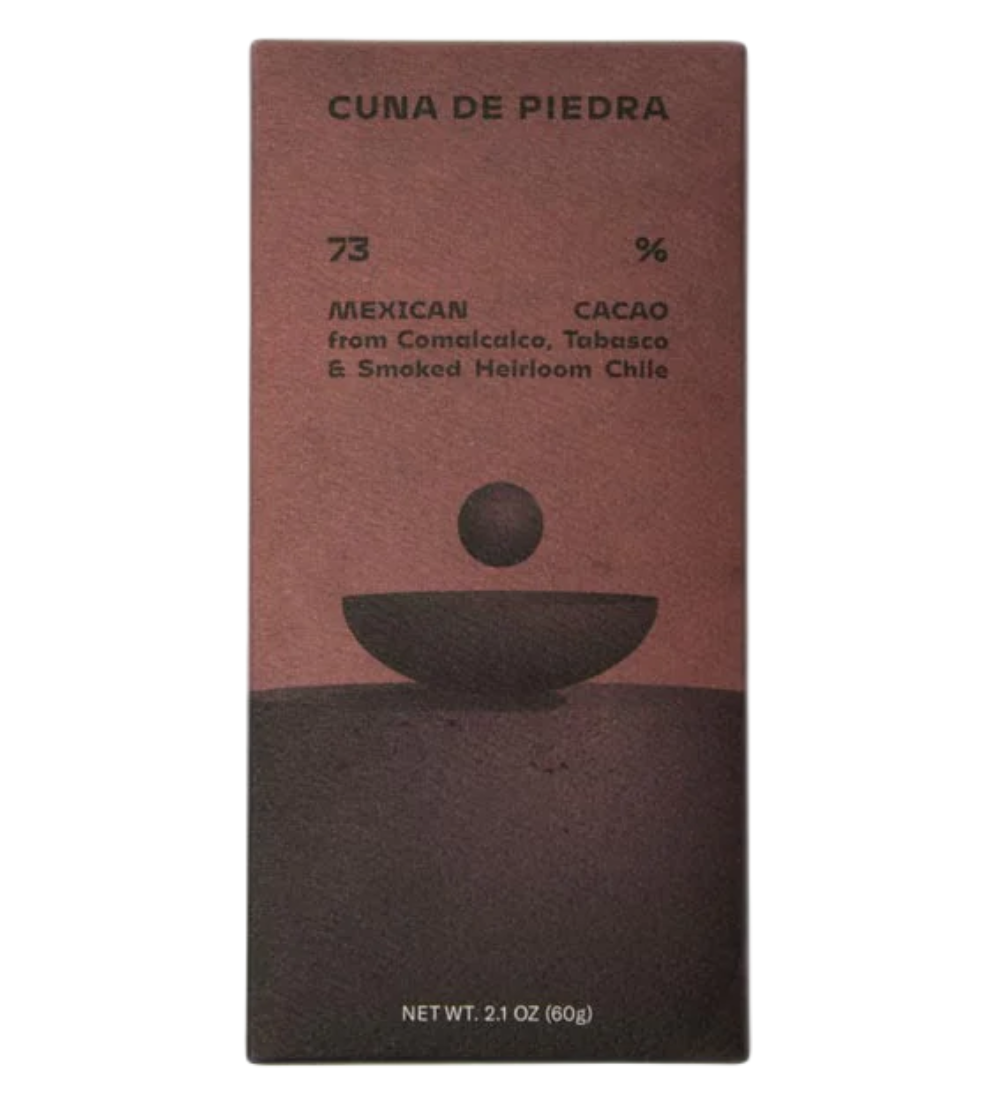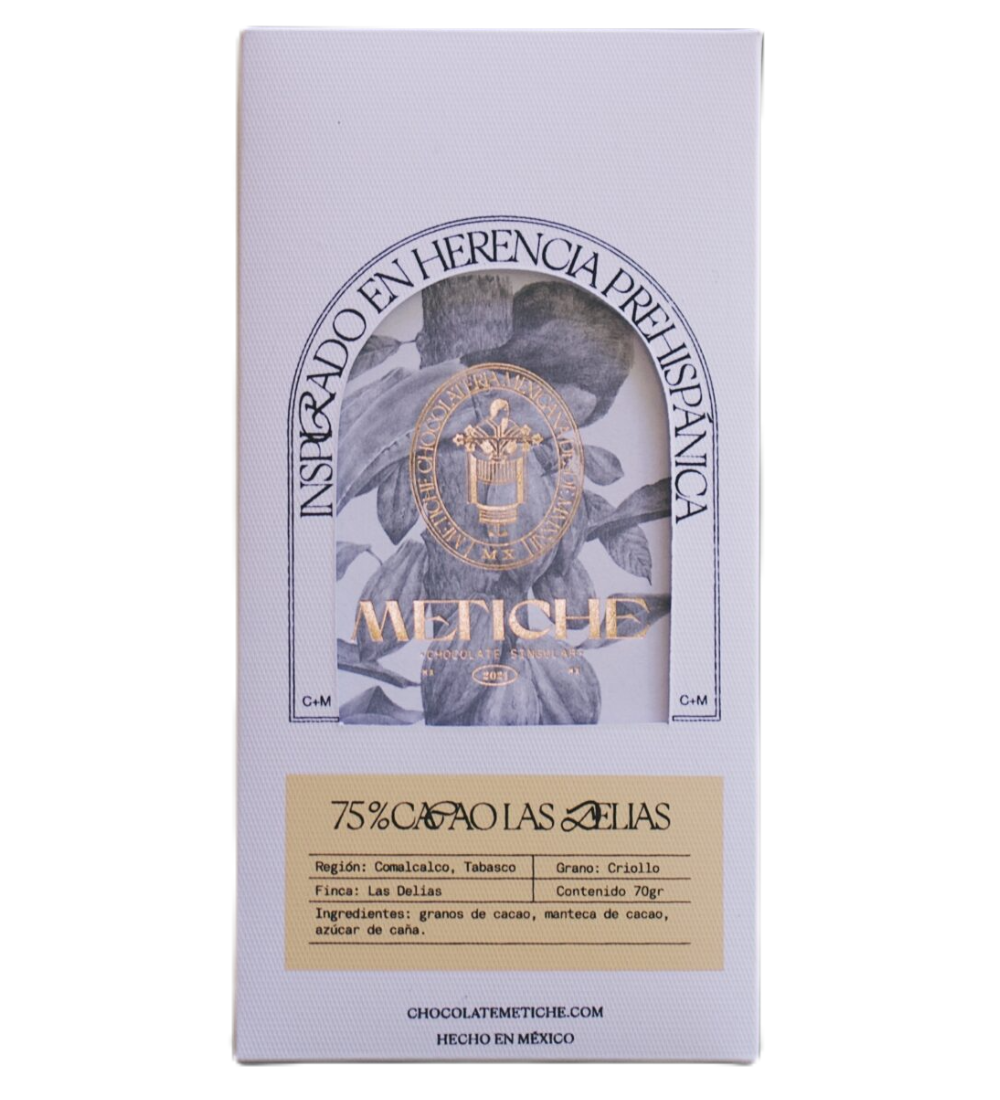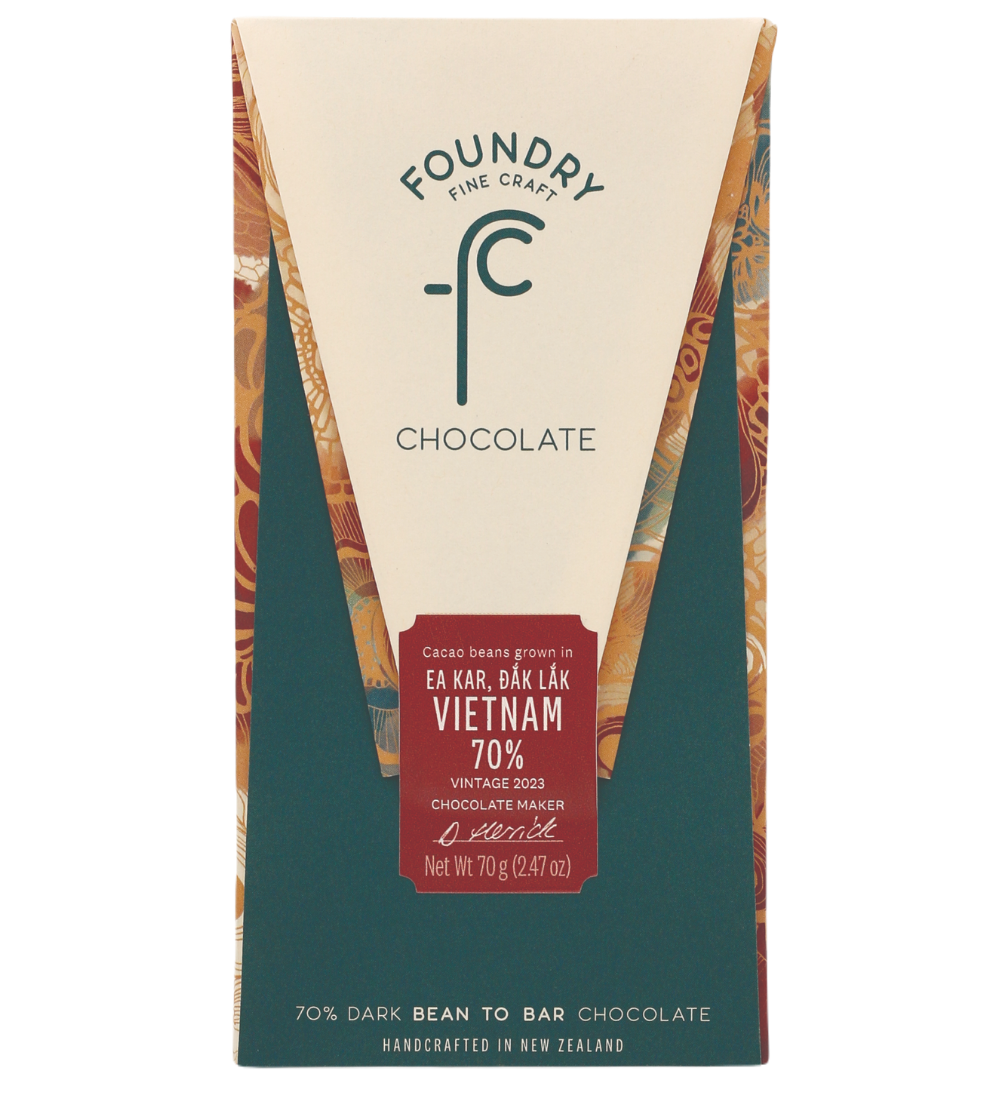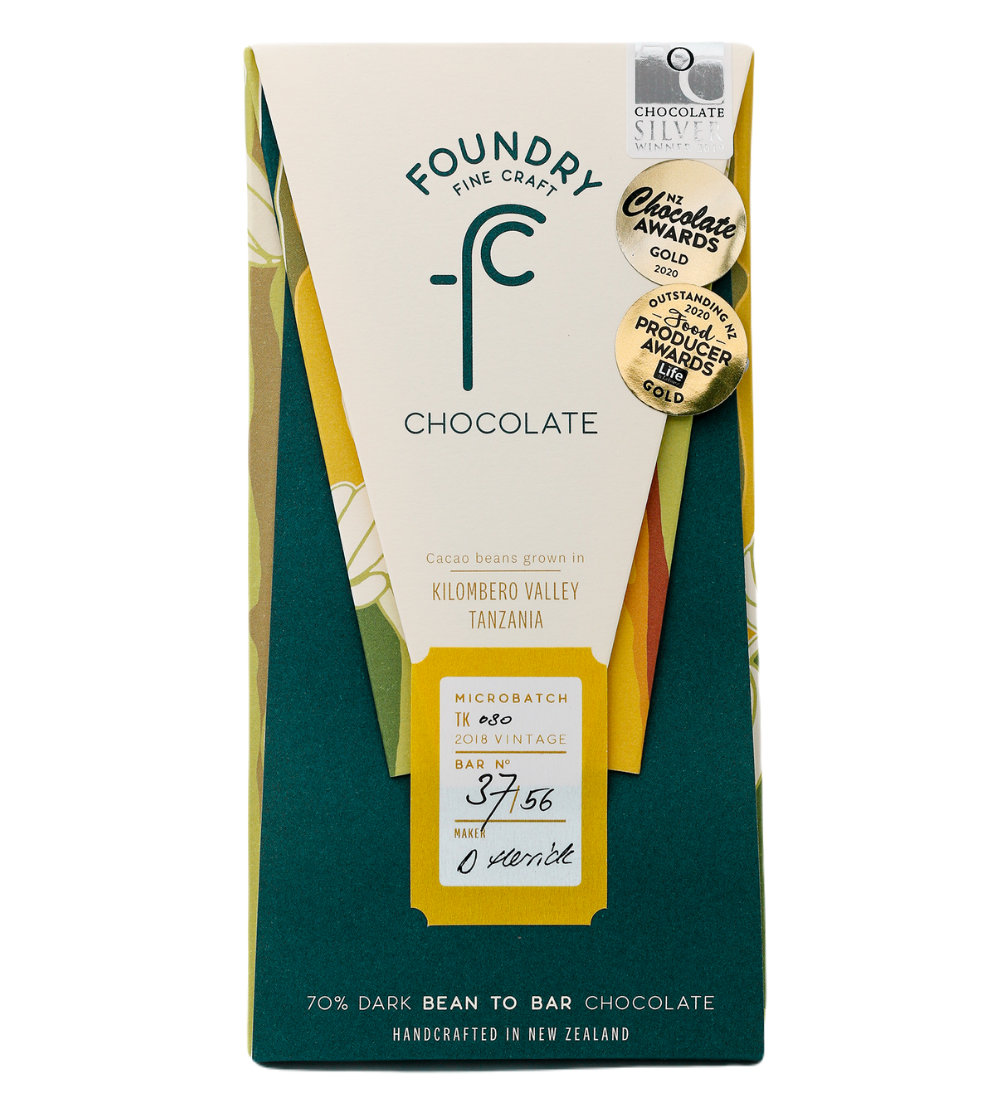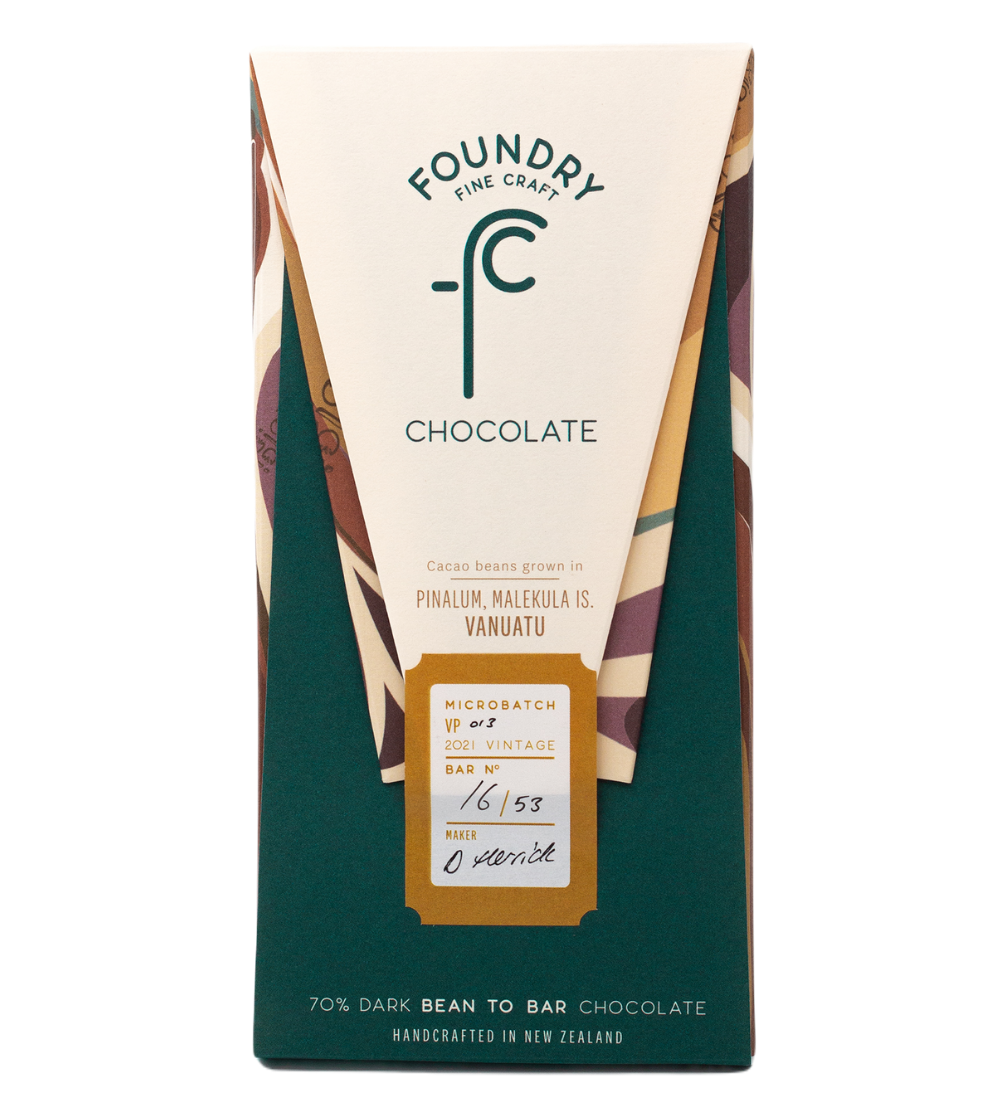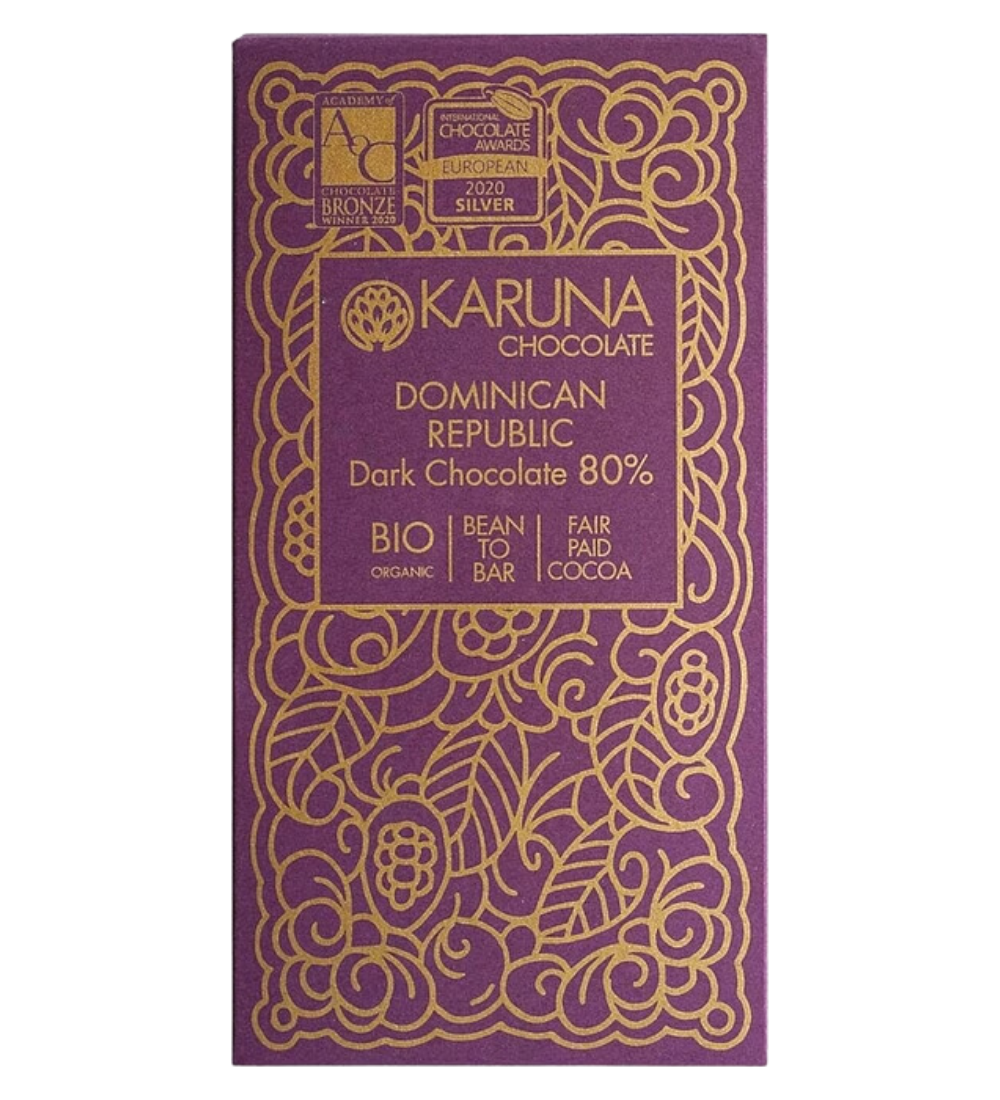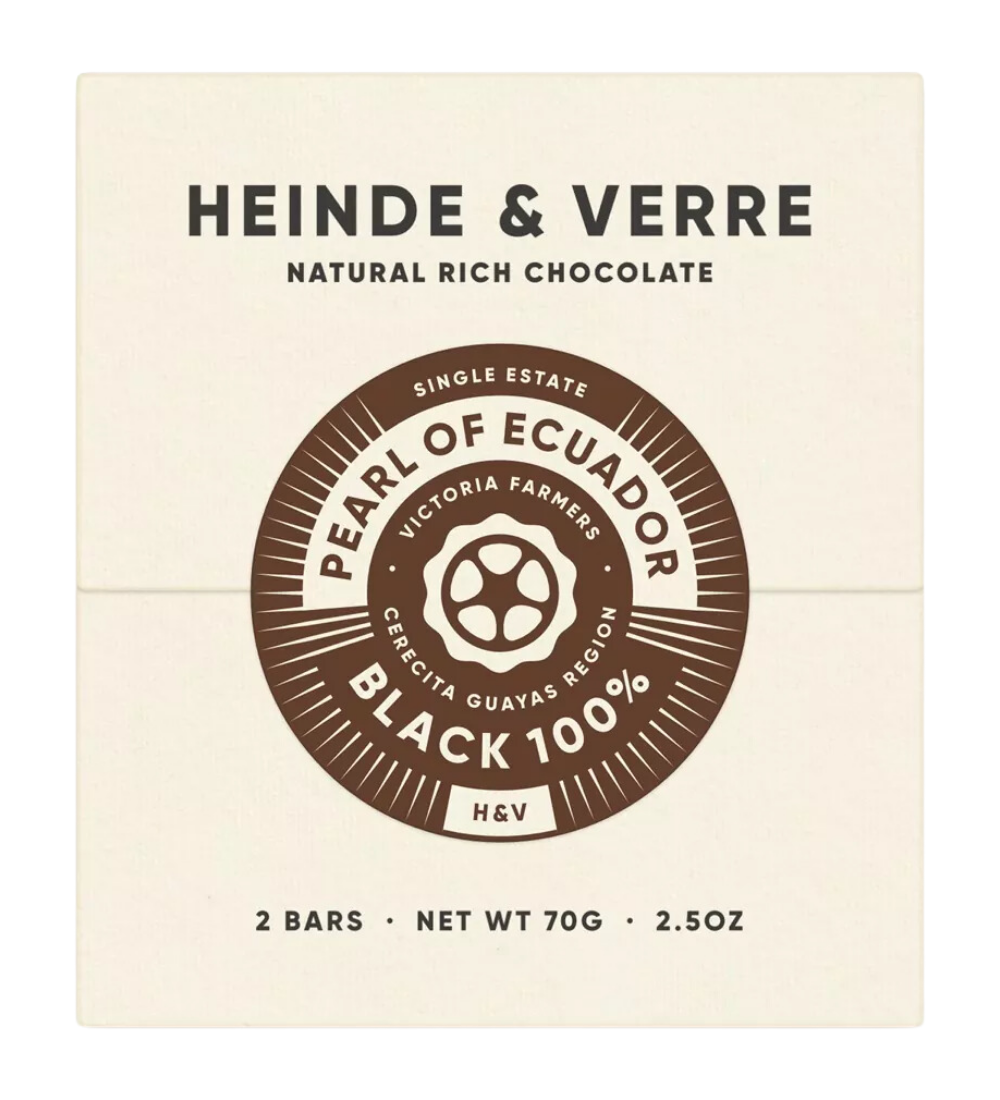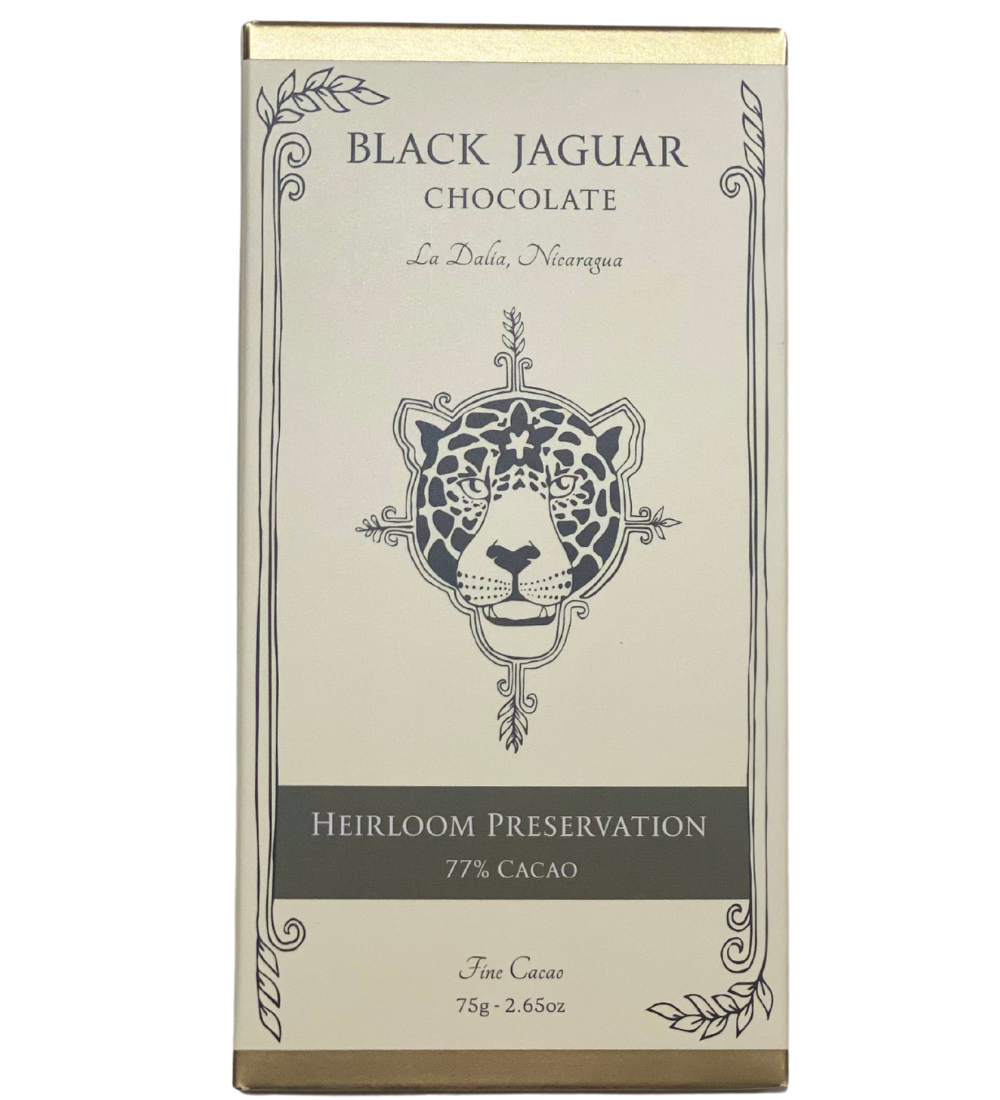L'importation de ces fèves en Nouvelle-Zélande a été le fruit d'une coordination entre plusieurs chocolatiers artisanaux néo-zélandais. Il s'agissait non seulement de la première importation directe du pays en provenance du Mexique, mais elle représentait également environ 1 % des exportations totales de cacao du Mexique cette année-là. Les fèves provenaient de la coopérative Organización de Productores de Cacao Sostenible Rayén . Représentant 28 membres avec un total de 50 hectares de cacaoyers, Rayén se consacre à la préservation des variétés de cacao patrimoniales menacées par des clones à rendement plus élevé et plus résistants aux parasites. Ils recherchent et propagent les meilleurs exemples de leurs arbres centenaires, qui poussent dans des vergers de polyculture aux côtés de fruits, de fleurs tropicales et d'arbres à bois. La génétique des fèves est un mélange de criollos et de trinitarios, principalement blancs et roses, avec des gousses typiques des variétés patrimoniales mexicaines, présentant une peau ondulée et des queues de « lézard » de différentes couleurs et formes.
Fonderie Soconusco Chiapas 70%
Origine du cacao : Mexique
Pays producteur : Nouvelle-Zélande
Poids : 70g
Adding product to your cart
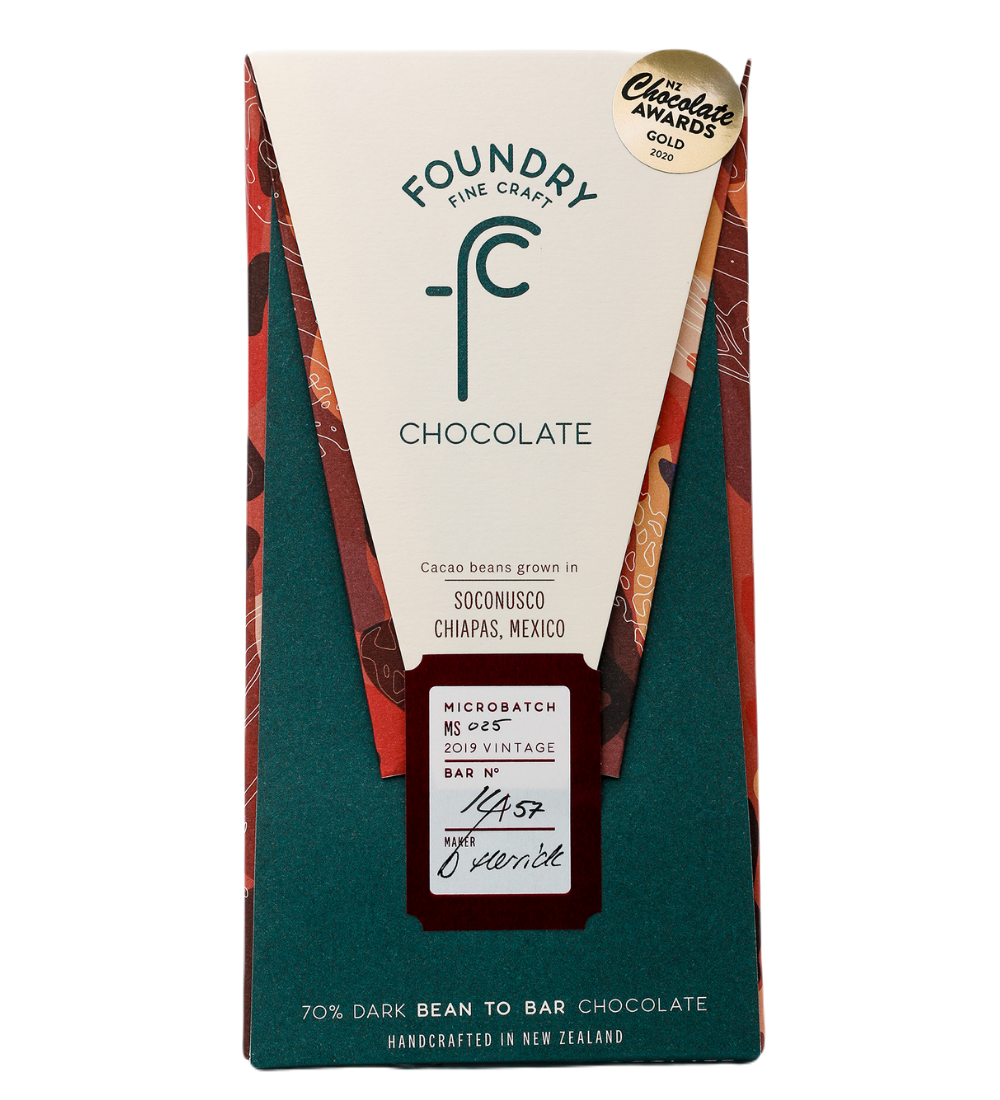
Fonderie Soconusco Chiapas 70%
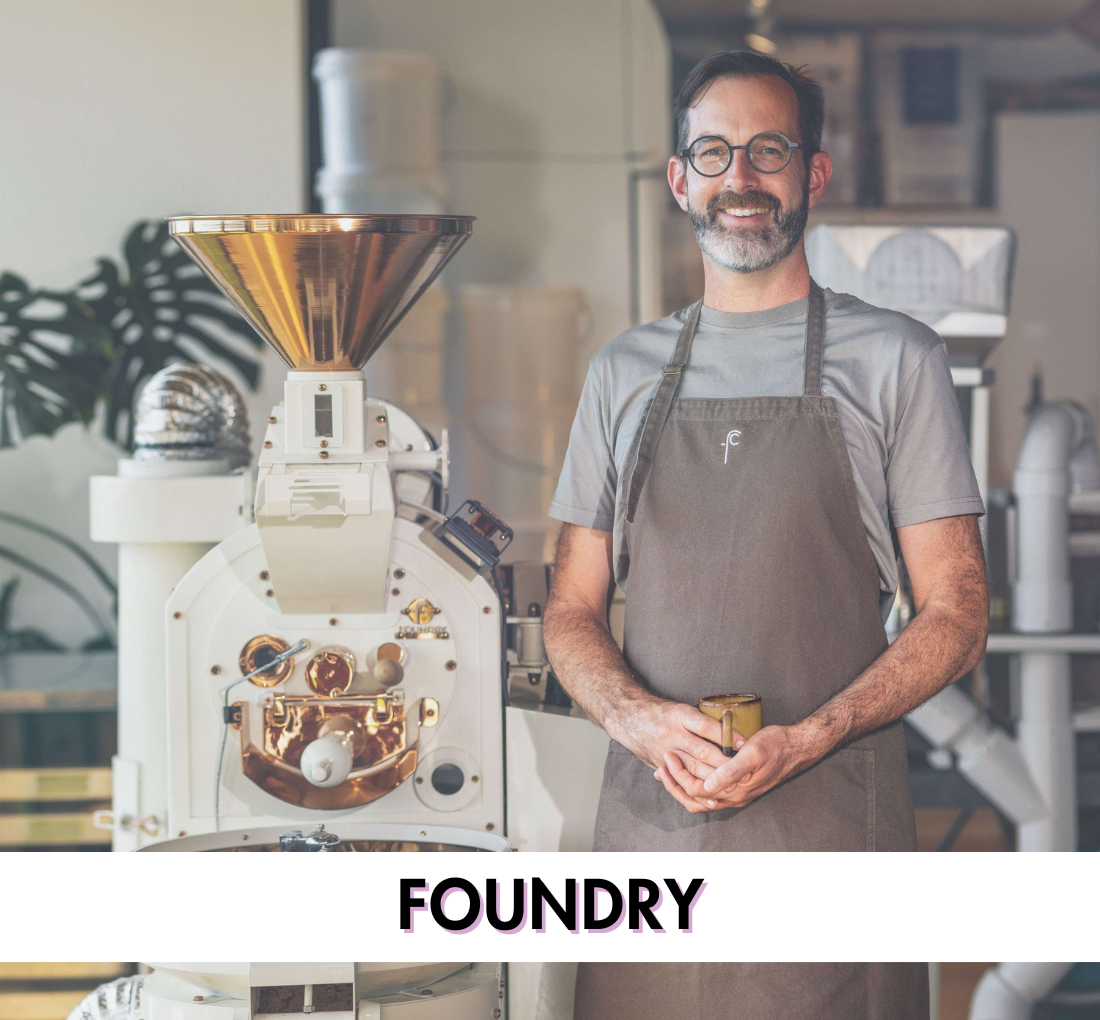
Foundry Chocolate, based in New Zealand, has been recognized with numerous awards, including being crowned Champion at the NZ Outstanding Food Producer Awards and earning multiple gold medals at the Academy of Chocolate Awards in London. Foundry’s dedication to quality and sustainability has also earned them the prestigious Snail of Approval from Slow Food's Auckland chapter. This recognition has led to regular showcases on TV3, TVNZ, and Radio New Zealand. David, Foundry’s founder and chocolate maker, is an engineer by trade. His passion for precision and craftsmanship informs the rigorous standards and attention to detail that defines Foundry. Sourcing only the finest quality cacao beans from ethical and sustainable farms, his bars highlight the unique flavours and terroir of the beans' origins using just two ingredients: cacao and organic cane sugar. The elegant packaging, designed by David’s wife Janelle, perfectly complements the purity and integrity of the chocolate inside. As one journalist put it, “the anticipation of opening each resealable parcel is like unwrapping gifts on Christmas morning.”
Achetez plus FoundrySoconusco, located at the very bottom of Mexico in Chiapas' southwest corner along the Guatemala border, has a history dating back to at least 5500 BC. It was home to Mesoamerica's oldest known culture as well as the earliest signs of cocoa cultivation, dating back 4,000 years ago. The region influenced the rise of the Olmec and Aztec civilization, in addition to the many that preceded them. Its modern political status was unsettled in the 19th century, and its isolation has preserved a persisting distinct cultural identity separate from the rest of Chiapas, let alone Mexico. Geographically, Soconusco is a narrow strip between the Sierra Madre de Chiapas and the Pacific Ocean, with diverse climates and ecologies that vary by elevation. Its long coast has 200 km of uninterrupted beaches and mangroves, while lowlands contain dry forests with scrub and woodlands, and at higher elevations, where the mountains intercept winds from the Pacific, it is cool and humid with a tropical evergreen montane forests. The region has fertile volcanic soil and lots of humidity, making it ideal for agriculture. Cacao and rubber were the primary crops for millennia, but coffee became the first modern export in the 1890s, introduced by German immigrants. Since then, a multitude of crops like tropical fruits and flowers have been cultivated.
